Κείμενο
Χαίρετε, ονομάζομαι Στέλιος Πανταζής, είμαι γιατρός εξειδικευμένος στην ιατρική διατροφολογία και στις διαταραχές του μεταβολισμού και σήμερα θέλω να μιλήσω για τα σκευάσματα από βότανα που φαίνεται να βοηθούν περισσότερο από όλα για την αντιμετώπιση της Μη Αλκοολικής Λιπώδης Νόσου του Ήπατος. Σε παλαιότερο βίντεο είχα μιλήσει για την ιδανική διατροφή για την αντιμετώπιση της μη αλκοολικής λιπώδους νόσου του ήπατος και αν δεν το έχετε δει, καλό είναι να ξεκινήσετε από αυτό το βίντεο, ή να το δείτε αφού τελειώσετε με αυτό. Σήμερα θα παρουσιάσω τα βότανα που βοηθούν, αλλά πριν ξεκινήσω θα ήθελα να τονίσω ότι όλα αυτά τα βότανα που θα αναφέρω έχουν δοκιμαστεί εκτεταμένα, και αν και τα αποτελέσματα που έχουν δημοσιευτεί στις μελέτες είναι εντυπωσιακά, σε καμία περίπτωση δεν αποτελούν θεραπεία για τη μη αλκοολική λιπώδη νόσο του ήπατος. Επισήμως δηλαδή κανένας θεσμός δεν προωθεί τη χρήση τους για την αντιμετώπιση αυτής της πάθησης. Παρόλα αυτά, υπάρχουν αρκετοί γιατροί και θεραπευτές που τα θεωρούν χρήσιμα και τα συστήνουν σε συγκεκριμένες περιπτώσεις. Θα ήθελα να σας παρακαλέσω να μην τα χρησιμοποιείτε μόνοι σας, παρά μόνο με τη βοήθεια και την επίβλεψη κάποιου γιατρού που είναι διατεθειμένος να σας βοηθήσει. Ακόμα κι αν ο ίδιος δεν έχει εμπειρία και γνώση στη χρήση αυτών των βοτανικών σκευασμάτων, θα είναι σε θέση να σας κατευθύνει και να σας προστατεύσει σε περίπτωση που τίθεται η υγεία σας σε κίνδυνο. Επίσης, για κάθε βότανο θα πω ποιος είναι ο καλύτερος και πιο απλός τρόπος να χρησιμοποιηθεί. Σε μερικές περιπτώσεις μπορεί να είναι ως αφέψημα, αλλά σε άλλες αυτό δεν θα είναι εφικτό. Για παράδειγμα, οι ενεργές ουσίες που περιέχει το γαϊδουράγκαθο δεν περνούν στο νερό, άρα δεν είναι ενεργό αν το χρησιμοποιήσουμε ως αφέψημα. Για κάθε περίπτωση λοιπόν θα πω πόσο και πως μπορούμε να το βάλουμε στην καθημερινότητά μας εύκολα και σωστά. Ας δούμε τα βότανα: Γαϊδουράγκαθο. Το γαϊδουράγκαθο είναι το πιο γνωστό και το πιο αποτελεσματικό βότανο για την αντιμετώπισή της μη

αλκοολικής λιπώδους νόσου του ήπατος. Έχει δοκιμαστεί σε δεκάδες μελέτες, κι αν και τα αποτελέσματα δεν συμφωνούν σε όλες τις περιπτώσεις, αν κάποιος θέλει να δοκιμάσει κάτι, το γαϊδουράγκαθο είναι το πρώτο πράγμα που πρέπει να δοκιμάσει. Υπάρχουν πολλές μελέτες που δείχνουν ότι η χρήση του προστατεύει το ήπας, και αυτό εμφανίζεται με μείωση των ηπατικών και τον χολοστατικών ενζύμων, όπως επίσης και σε σημαντική αύξηση σε δείκτες που δείχνουν ανανέωση και αναγέννηση του ήπατος. Το γαϊδουράγκαθο είναι ένα βότανο με πολύ ισχυρές αντιφλεγμονώδεις και αντιοξειδωτικές δράσεις που φαίνεται να βοηθάει αρκετά το ήπαρ. Επίσης, είναι και πάρα πολύ ασφαλές. Έχει χρησιμοποιηθεί για χιλιάδες χρόνια στην παραδοσιακή ιατρική και υπάρχουν και αρκετές μελέτες που έχουν επιβεβαιώσει την προστατευτική του δράση στο συκώτι σε αρκετά μεγάλες και αξιόλογες μελέτες. Tο γαϊδουράγκαθο, όπως και κάποια από τα βότανα που θα δούμε σήμερα, δεν είναι ενεργό όταν γίνεται αφέψημα. Δηλαδή αν ρίξετε γαϊδουράγκαθο σε νερό και το βράσετε δεν θα βοηθήσει. Οι ενεργές ουσίες που υπάρχουν στο γαϊδουράγκαθο δεν θα περάσουν στο νερό. Ο μόνος τρόπος να το πάρει κάποιος είναι σε συμπλήρωμα διατροφής. Τζίνσενγκ. Το τζίνσενγκ είναι το πιο διάσημο βότανο στην Ασία, όπου και χρησιμοποιείται για χιλιάδες χρόνια για αντιμετώπιση πολλών παθήσεων με πολύ αξιόλογα ποσοστά επιτυχίας. Όπως το γαϊδουράγκαθο, έχει πολύ ισχυρή αντιφλεγμονώδη δράση και φαίνεται ότι προστατεύει το ήπαρ από την αρνητική επίδραση που έχουν σε αυτό οι τοξίνες και το αλκοόλ. Υπάρχουν επίσης μελέτες που δείχνουν ότι αυξάνει την αναγέννηση του ήπατος μετά από βλάβη ή χειρουργείο. Οι μελέτες που έχουν γίνει σε ανθρώπους είναι πολύ λιγότερες σε σχέση με αυτές που έχουν γίνει στο γαϊδουράγκαθο, αλλά τα αποτελέσματα είναι πολύ ενθαρρυντικά. Το τζίντζερ χρησιμοποιείται εκτεταμένα σε πολλές μορφές στην Ασία, όπως και στον υπόλοιπο κόσμο, και σε γενικές γραμμές είναι αρκετά ασφαλές. Η χρήση του όμως θέλει προσοχή γιατί κάνει αλληλεπιδράσεις με κάποια

φάρμακα. Άρα, πριν αποφασίσετε να το χρησιμοποιήσετε πρέπει οπωσδήποτε να ζητήσετε τη βοήθεια ενός γιατρού. Πράσινο τσάι. Όλοι γνωρίζετε το πράσινο τσάι ως αφέψημα, αλλά στις μελέτες έχει χρησιμοποιηθεί το εκχύλισμα του σε μορφή κάψουλας ή ταμπλέτας. Αυτά που θα δούμε σήμερα αφορούν αυτά τα σκευάσματα και όχι το αφέψημα. Το πράσινο τσάι λοιπόν πιθανόν να έχετε ακούσει ότι έχει πολύ ισχυρή αντιοξειδωτική δράση και έχει χρησιμοποιηθεί εκτεταμένα στην αντιμετώπιση της μη αλκοολικής λιπώδους νόσου του ήπατος. Στις μελέτες έχει φανεί ότι μειώνει τα ηπατικά ένζυμα με αρκετά αξιόλογη συνέπεια, όπως επίσης και στους δείκτες φλεγμονής του συκωτιού. Αυτές οι μελέτες όμως ήταν μικρής διάρκειας οπότε δεν ξέρουμε με σιγουριά αν όλα αυτά τα οφέλη αντέχουν σε βάθος χρόνου. Το αφέψημα του πράσινου τσαγιού δεν έχει δοκιμαστεί σε αντίστοιχες μελέτες, αν και τίποτα δεν μας εμποδίζει να το καταναλώνουμε ούτως ή άλλως. Γλυκόριζα. Υπάρχουν κάποιες μελέτες που δείχνουν ότι και η γλυκόριζα έχει αντιφλεγμονώδη και ηπατοπροστατευτική δράση. Στις μελέτες, που συγκριτικά είναι λίγες σε σχέση με τις μελέτες του γαϊδουράγκαθου και της γλυκόριζας, έχει φανεί ότι μειώνει τα ηπατικά ένζυμα και τους δείκτες φλεγμονής. Παρόλα αυτά, είναι αρκετά πρώιμες και για αυτό δεν είναι ένα από τα βότανα που θα κοιτάξει κάποιος πρώτα για την αντιμετώπιση της μη αλκοολικής νόσου του ήπατος. Κουρκουμάς. Σε προηγούμενο βίντεο έχω αναφερθεί εκτεταμένα στις αμέτρητες ωφέλιμες δράσεις του κουρκουμά και τα οφέλη που έχει για την υγεία η ενεργή ουσία του κουρκουμά που ονομάζεται κουρκουμίνη. Έχουν δημοσιευτεί κάποιες μελέτες που υποστηρίζουν ότι η κουρκουμίνη προστατεύει το συκώτι γιατί μειώνει τα ηπατικά ένζυμα σε άτομα που έχουν λιπώδες ήπαρ και μειώνει και τους δείκτες φλεγμονής. Η δοσολογία που χρησιμοποιήθηκε στις μελέτες ήταν 500 mg κουρκουμίνης μαζί με 5 mg πιπερίνης για καλύτερη απορρόφηση. Όπως έχω πει σε προηγούμενο βίντεο, 500mg κουρκουμίνης αντιστοιχούν σε δυόμισι κουταλιές του γλυκού κουρκουμά. Αυτή η

δόση αφορά την ημερήσια κατανάλωση κουρκουμά, δηλαδή ο κουρκουμάς που πρέπει να καταναλωθεί σε μία μέρα. Θυμίζω επίσης ότι η πιπερίνη υπάρχει στο μαύρο πιπέρι και για να καταναλώσει κάποιος 5 mg πιπερίνης αρκεί μία αρκετά μικρή ποσότητα μαύρου πιπεριού. Ο κουρκουμάς σε αντίθεση με όλα τα υπόλοιπα βότανα που είπα, δεν είναι υποχρεωτικό να χρησιμοποιηθεί σε μορφή σκευάσματος, γιατί είναι ενεργός ακριβώς όπως χρησιμοποιείται στο φαγητό. Η κουρκουμίνη είναι ενεργή είτε ο κουρκουμάς μαγειρευτεί είτε όχι. Αν αποφασίσετε να βάλετε τον κουρκουμά στη ζωή σας πρέπει οπωσδήποτε να δείτε το βίντεο πού εξηγώ πώς μπορείτε να το κάνετε σωστά. Σκόρδο. Άλλο ένα θαυματουργό βότανο που μπορούμε να το θεωρήσουμε και απλά λαχανικό. Το σκόρδο γνωρίζετε όλοι ότι έχει πάρα πολλές και σημαντικές ωφέλιμες δράσεις για την υγεία, αλλά πρέπει να θυμίσω ότι αυτό έρχεται με ένα σημαντικό κόστος. Το σκόρδο είναι ωφέλιμο για την υγεία μόνο αν το καταναλώνουμε ώμο. Αυτό δυσκολεύει λίγο τα πράγματα, αλλά υπάρχουν μελέτες που υποστηρίζουν ότι μπορούμε να έχουμε το ίδιο αποτέλεσμα καταναλώνοντας μαγειρεμένο σκόρδο μαζί με πολύ μικρή ποσότητα από ωμό κρεμμύδι. Τα ενεργά συστατικά που έχει το ωμό κρεμμύδι ενεργοποιούν τα ενεργά συστατικά του σκόρδου που έχουν απενεργοποιηθεί από το μαγείρεμα έτσι ώστε να είναι πάλι ζωντανά, να είναι πάλι ωφέλιμα. Οι περισσότερες μελέτες πάντως έχουν γίνει με σκευάσματα από σκόρδο και έχει φανεί ότι η χρήση σκόρδου μειώνει τα ηπατικά και τα χολοστατικα ένζυμα, όπως επίσης μειώνει τη φλεγμονή και ακόμα και την ίδια την αποθήκευση λίπους στο συκώτι. Μια πολύ εντυπωσιακή μελέτη που παρακολούθησε 24.000 ενήλικες παρατήρησε ότι τα άτομα που ανέφεραν καθημερινή κατανάλωση ώμου σκόρδου είχαν σχεδόν 30% μικρότερη πιθανότητα να νοσήσουν από μη αλκοολική λιπώδη νόσο του ήπατος. Και σαν να μην έφτανε αυτό, η ίδια μελέτη συμπέρανε ότι το ωμό σκόρδο φαίνεται να μειώνει κατά 23% την πιθανότητα εμφάνισης καρκίνου του ήπατος. Πράγμα που είναι επίσης χρήσιμο, φυσικά. Για την ασφάλεια

του σκόρδου δεν χρειάζεται να πούμε πολλά πράγματα, και μόνο που είναι κάτι που το βρίσκουμε σε αφθονία στις περισσότερες κουζίνες μας εξασφαλίζει ότι είναι κάτι αρκετά ασφαλές. Τζίντζερ. Η ρίζα από το φυτό τζίντζερ υπάρχει σε κουζίνες πολλών από μας και χρησιμοποιείται εκτεταμένα για να κάνει το φαγητό πιο εύγευστο. Υπάρχουν όμως μελέτες που έχουν χρησιμοποιήσει το τζίντζερ για την θεραπευτική δράση που έχει στην προστασία του ήπατος. Έχουν δημοσιευθεί κάποιες μελέτες που έχουν χρησιμοποιήσει περίπου 1,5 με 2 γραμμάρια τζίντζερ την ημέρα σε μορφή σκόνης και έχει φανεί ότι μειώνει τα ηπατικά ένζυμα, μειώνει τους δείκτες φλεγμονής, ακόμα για τη χοληστερίνη, και γενικά φαίνεται ότι προστατεύει το συκώτι σε άτομα που πάσχουν από μη αλκοολική λιπώδη νόσο του ήπατος. πρέπει να τονίσω ότι για να καταφέρει κάποιος να καταναλώσει ενάμιση με δύο γραμμάρια τζίντζερ μέσα στο φαγητό είναι σχεδόν αδύνατο, αλλά είναι πάρα πολύ εύκολο να το καταφέρει αυτό καταναλώνοντας σκόνη τζίντζερ ως αφέψημα. Το τζίντζερ είναι το μόνο από τα βότανα που είπαμε σήμερα που δεν είναι ανάγκη να το πάρει κάποιος σε μορφή ταμπλέτας η κάψουλας, αλλά πίνοντας κάθε μέρα μία κουταλιά του γλυκού τζίντζερ σε ζεστό νερό μπορεί να έχει όλα τα οφέλη για την υγεία του ήπατος. Αυτά είναι τα βότανα τα οποία έχουν τα περισσότερα επιστημονικά στοιχεία που υποστηρίζουν ότι μπορεί να βοηθήσουν σε περιπτώσεις που κάποιος πάσχει από μη αλκοολική λιπώδη νόσο του ήπατος. Θα ήθελα να υπενθυμίσω ότι καλό είναι πριν αποφασίσετε να χρησιμοποιήσετε οποιοδήποτε από τα παραπάνω να μιλήσετε με κάποιον γιατρό έτσι ώστε να μπορεί να σας παρακολουθεί. Ακόμα κι αν αυτός ο γιατρός δεν γνωρίζει πώς να χρησιμοποιήσετε τα βότανα για την αντιμετώπιση αυτής της κατάστασης, θα είναι σε θέση να σας παρακολουθεί έτσι ώστε να σας προστατέψει σε περίπτωση που κάτι δεν πάει καλά, ακόμα και αν αυτή η πιθανότητα είναι πάρα πολύ μικρή. Σε περίπτωση που αποφασίσετε να δοκιμάσετε κάτι, το λογικό θα ήταν να ξεκινήσετε από το γαϊδουράγκαθο σε

ταμπλέτες. Για όσους είναι εφικτό, καλό είναι να εμπλουτίσουν τη διατροφή τους με πολύ ωμό σκόρδο. Όσοι συνηθίζουν να πίνουν αφεψήματα, καλό είναι να εμπλουτίσουν την καθημερινότητά τους με τζίντζερ και γλυκόριζα. Τέλος, μπορείτε να αυξήσετε σημαντικά την κατανάλωση κουρκουμά στο φαγητό σας, ή ακόμα και μέσα σε ροφήματα. Αυτά τα μέτρα θα εμπλουτίσουν την διατροφή σας σε ηπατοπροστατευτικές ουσίες που θα σας βοηθήσουν. Αν βρήκατε το θέμα ενδιαφέρον, σας παρακαλώ, να πατήσετε το κουμπί μου αρέσει, να το μοιραστείτε με άτομα που θα το βρουν ενδιαφέρον και να εγγραφείτε στο κανάλι για να σας ενημερώνουμε για μελλοντικά θέματα. Επίσης, μπορείτε να χρησιμοποιήσετε τα σχόλια για να ζητήσετε να παρουσιάσουμε ένα θέμα στο μέλλον. Σας ευχαριστώ πολύ!

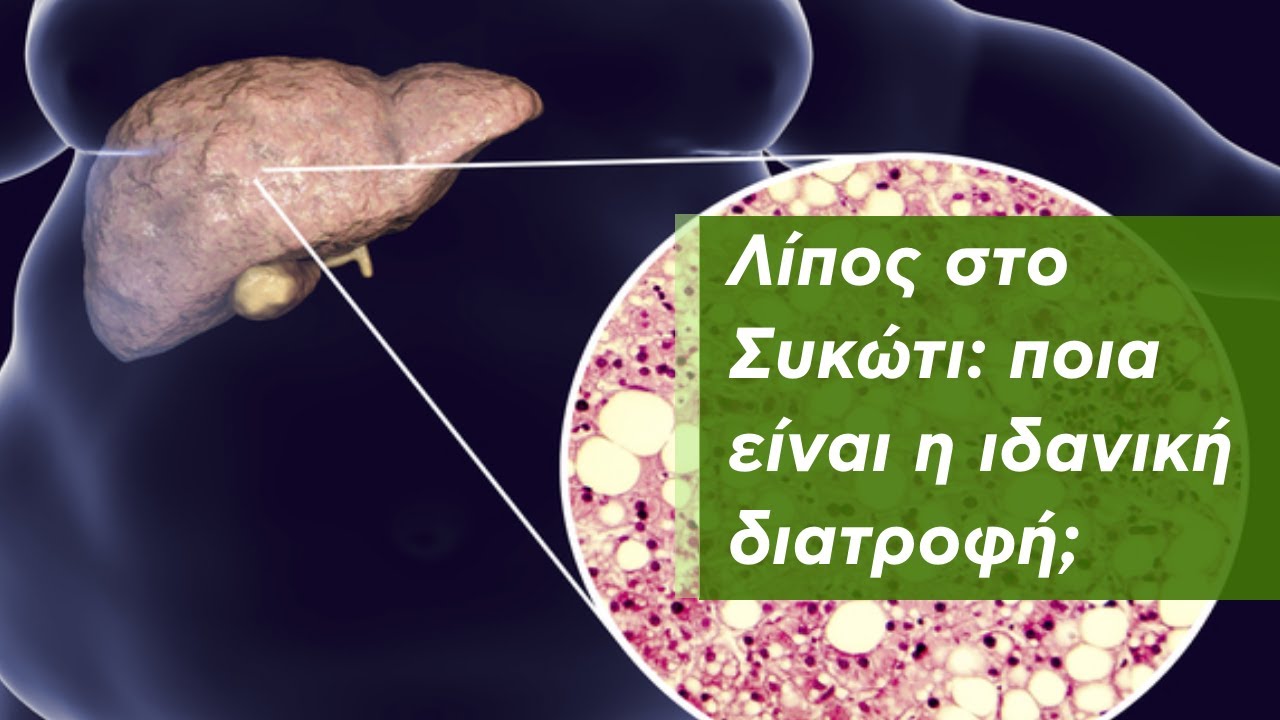
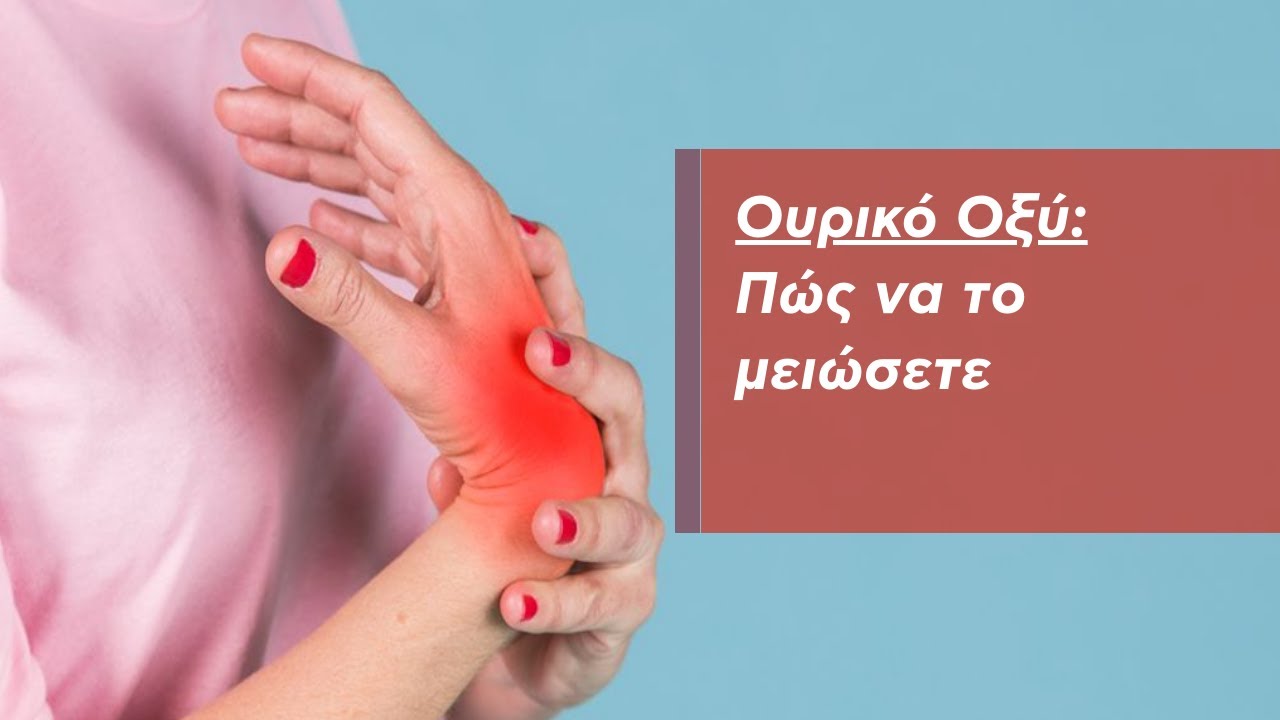
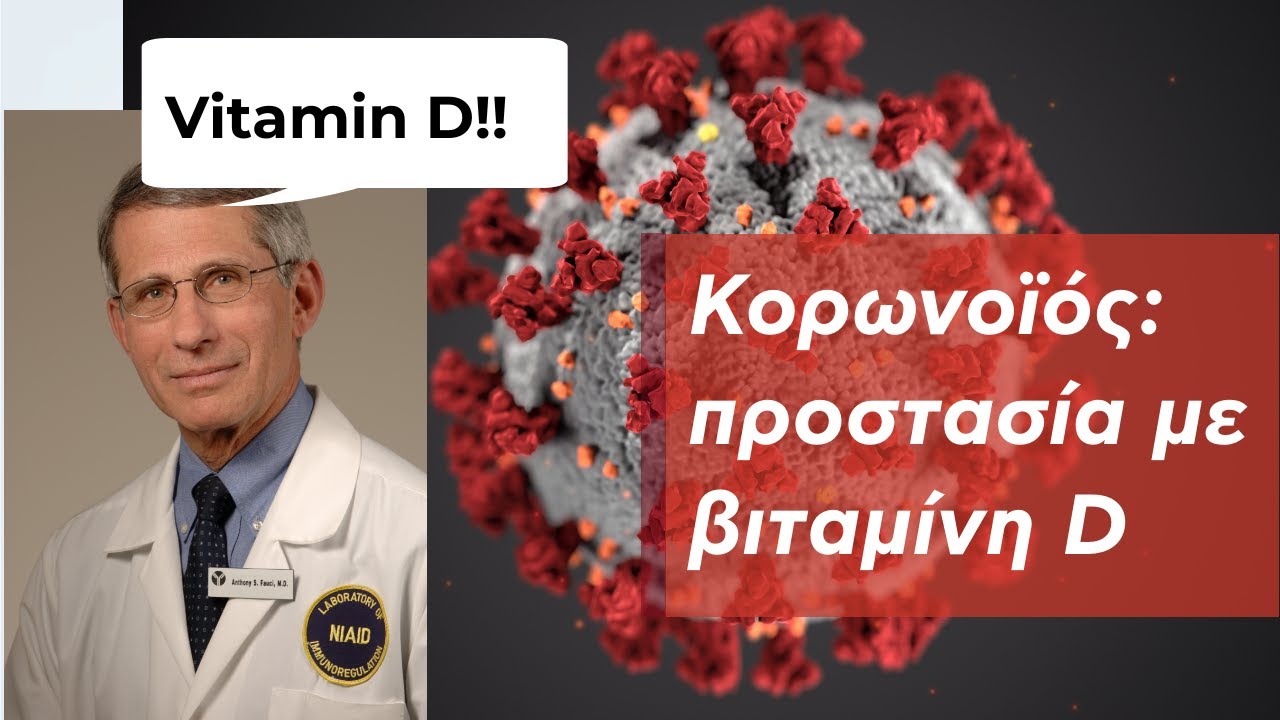
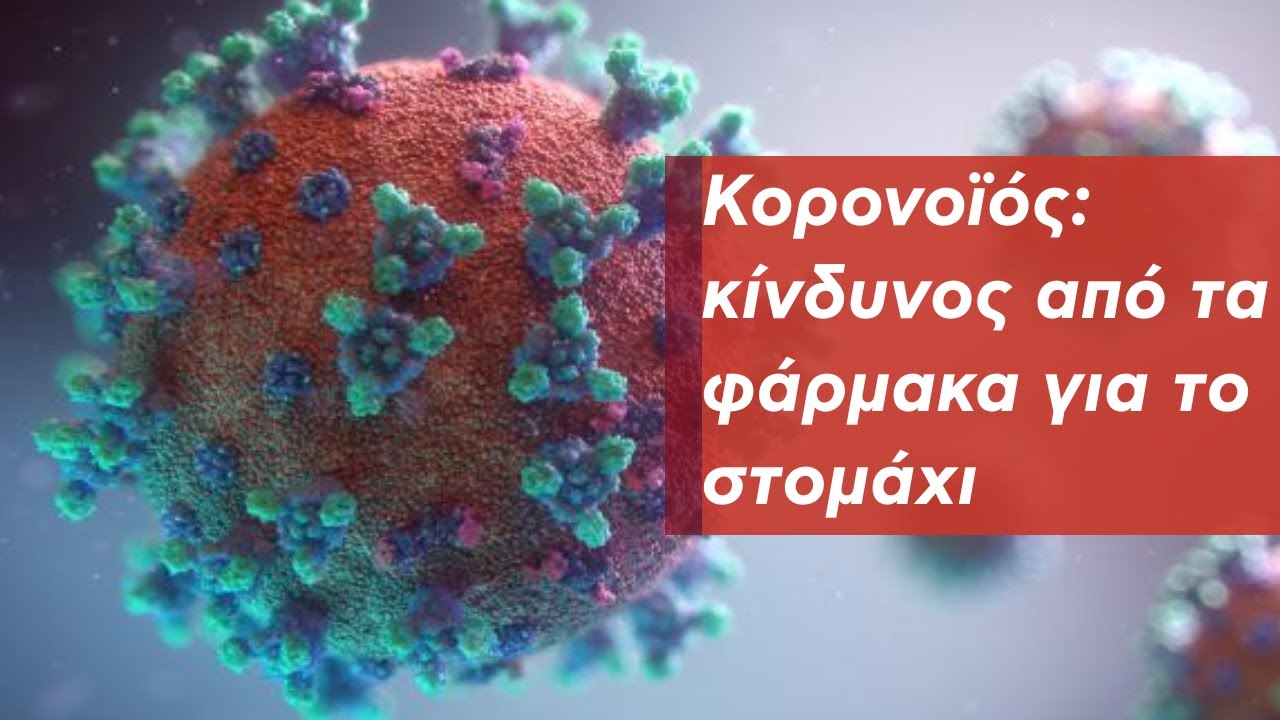
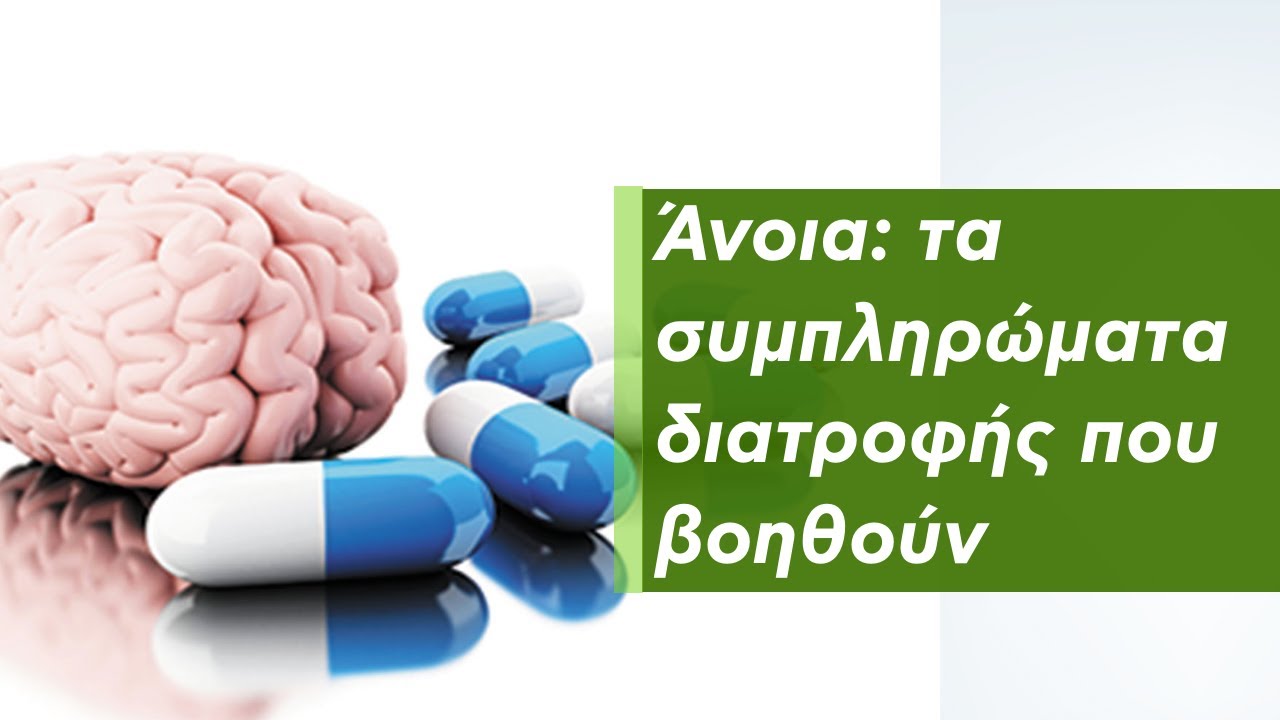
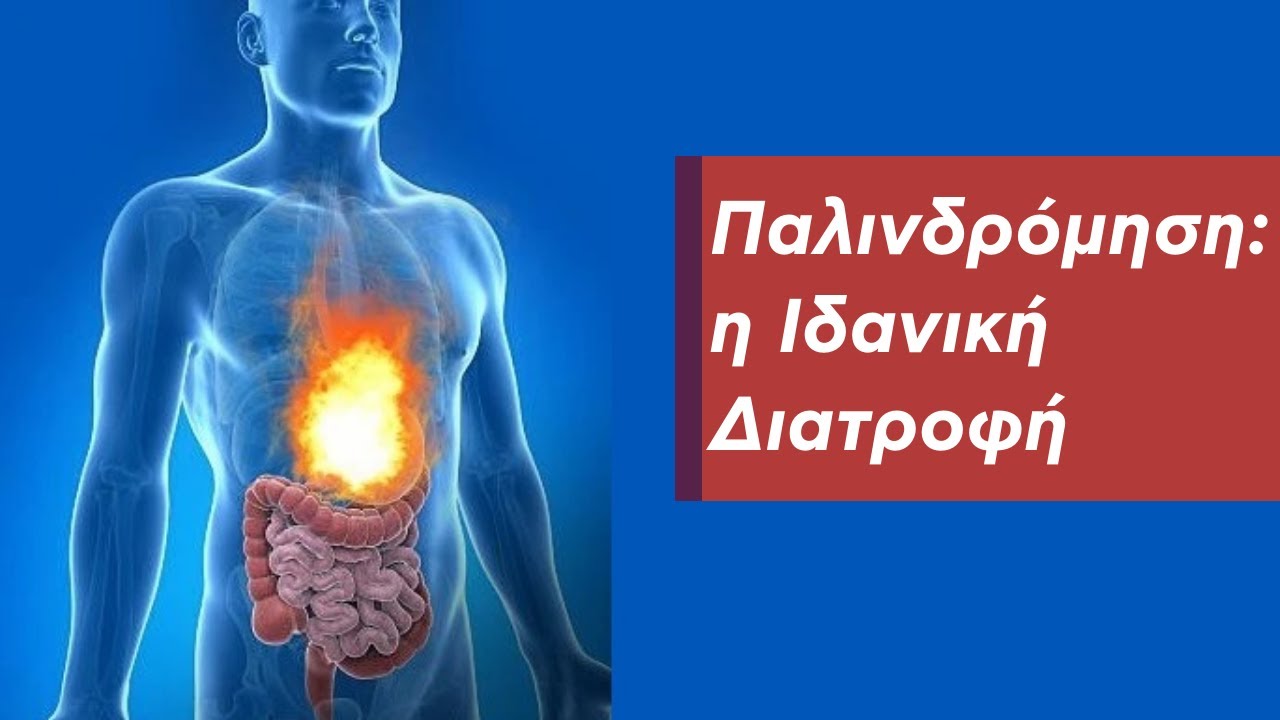
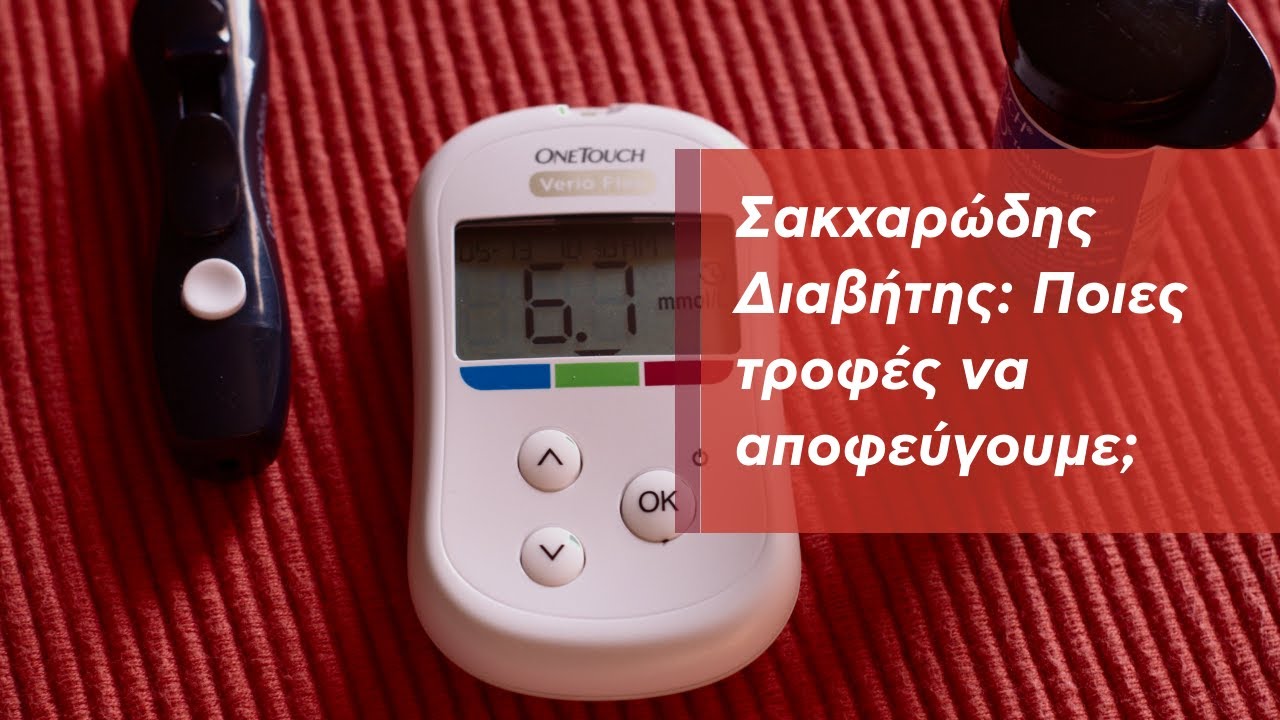
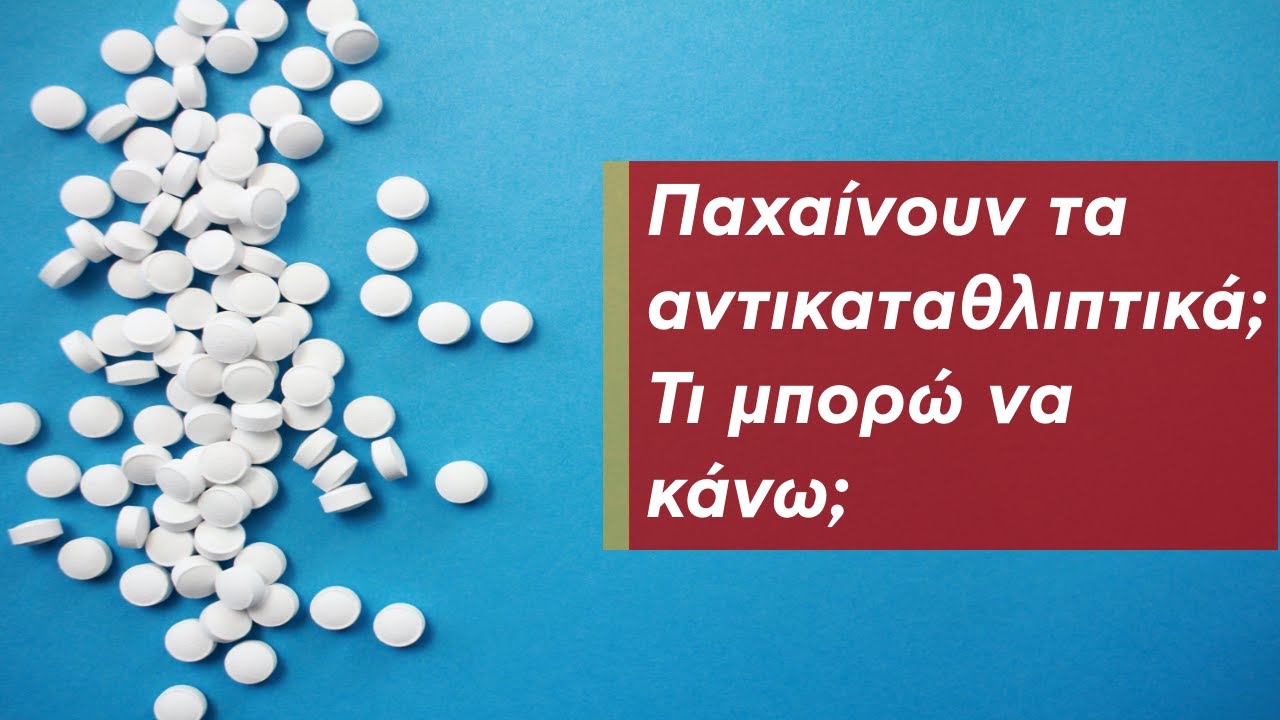

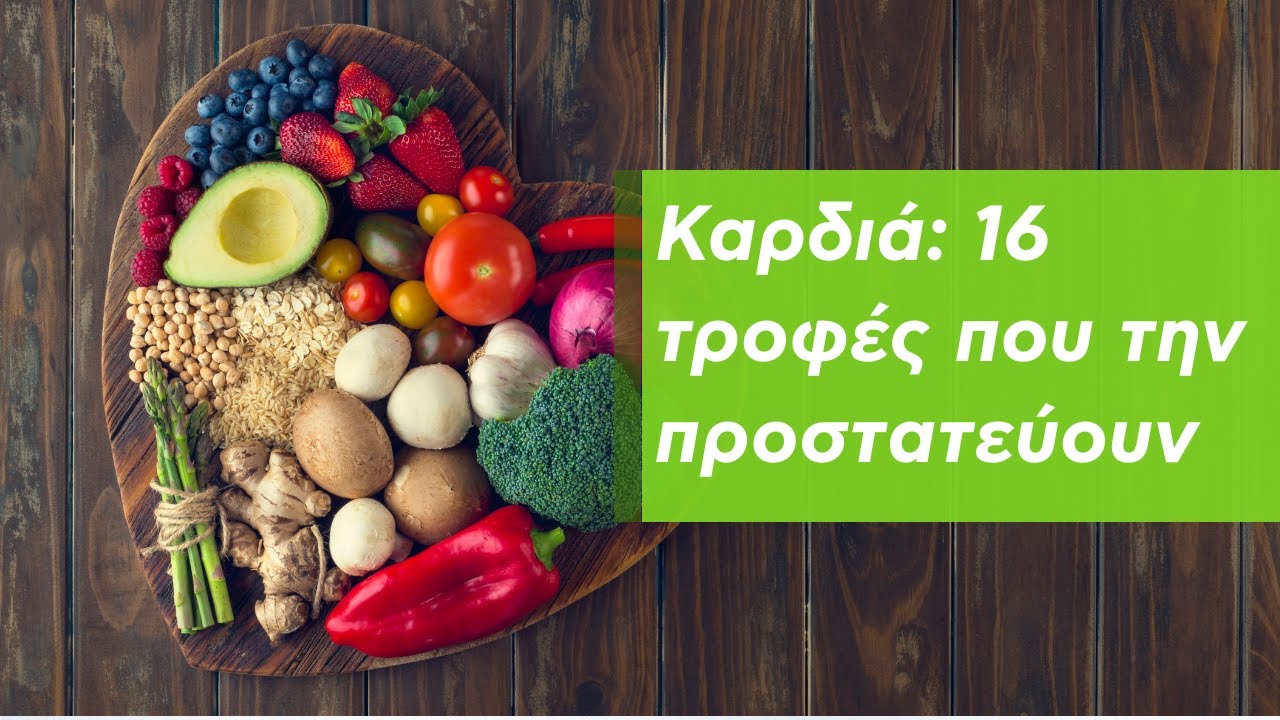
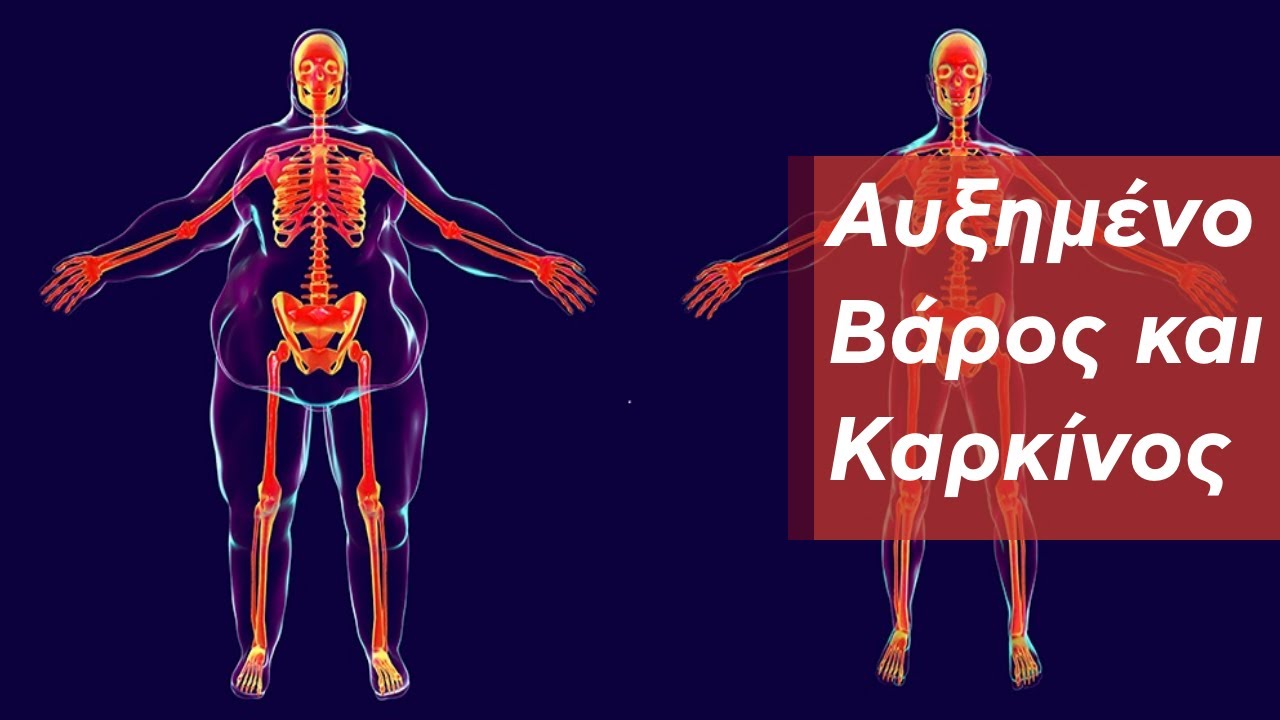
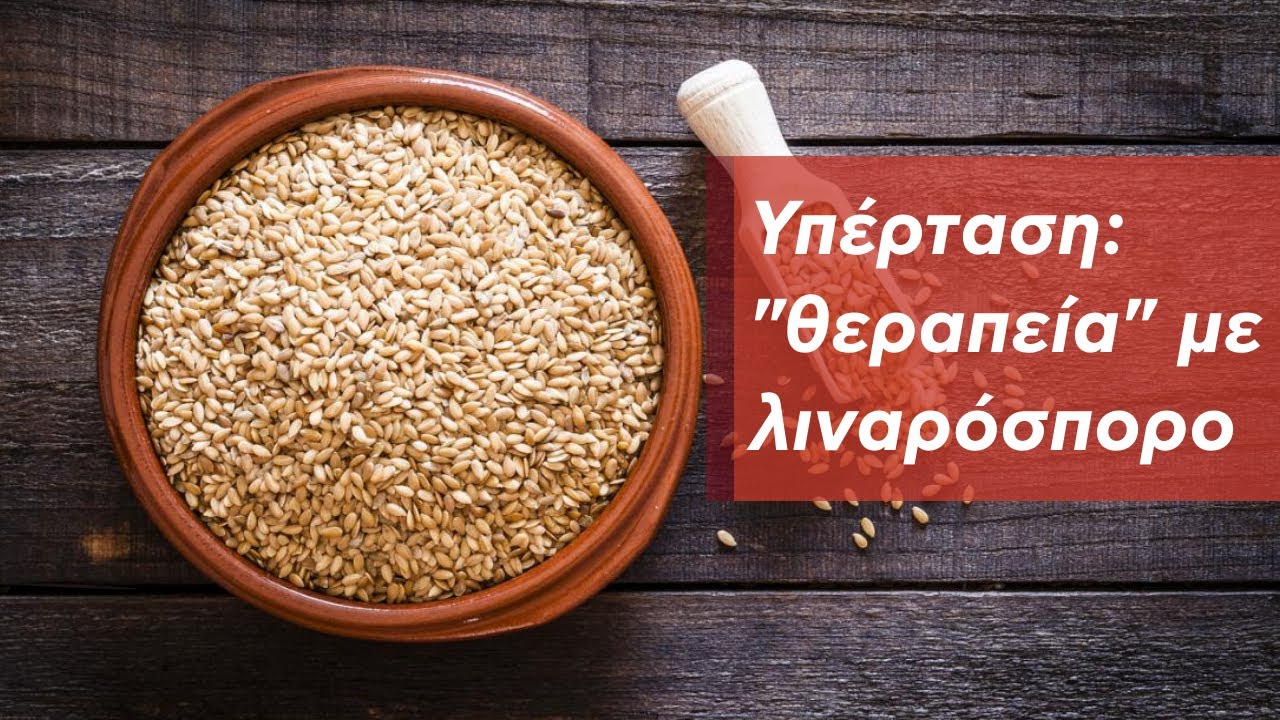
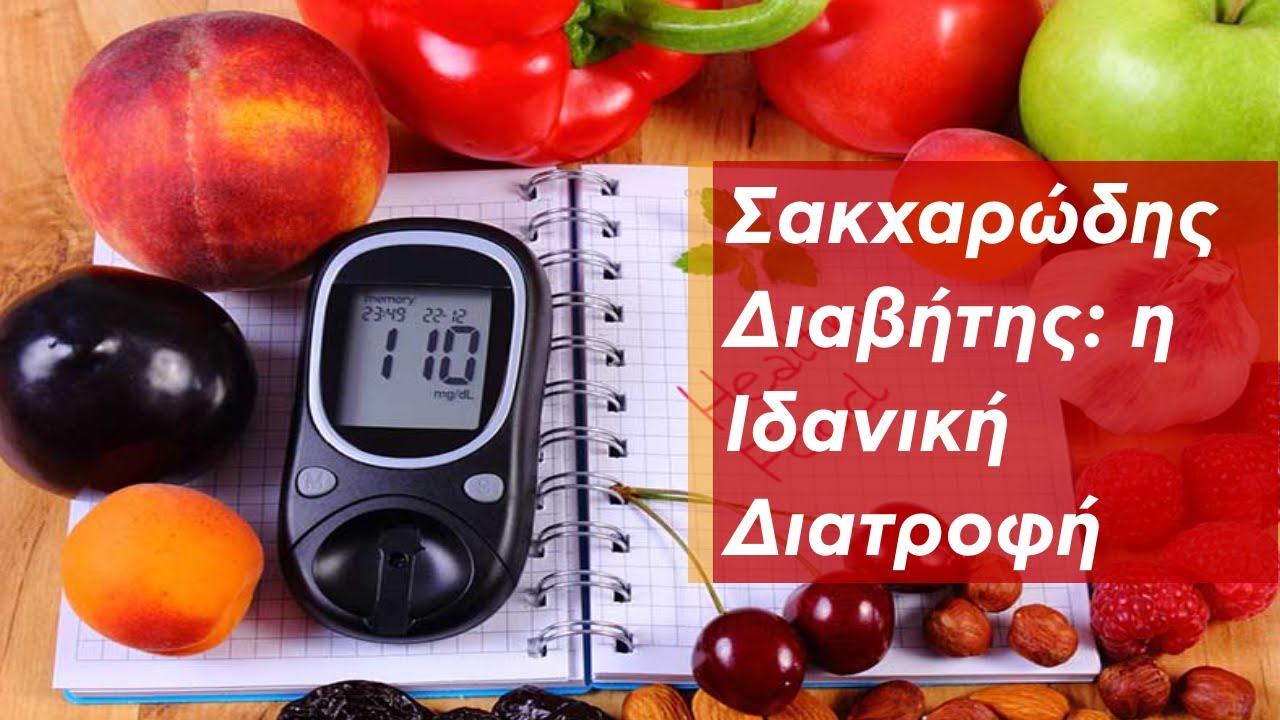

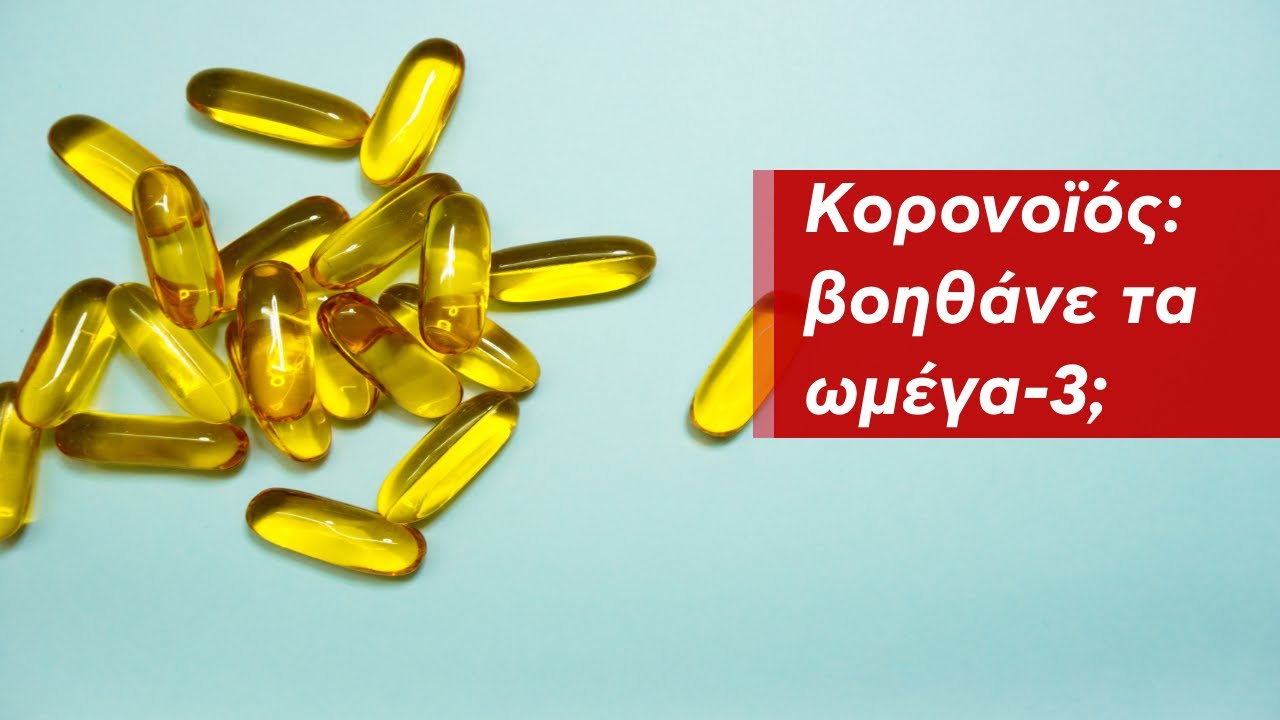
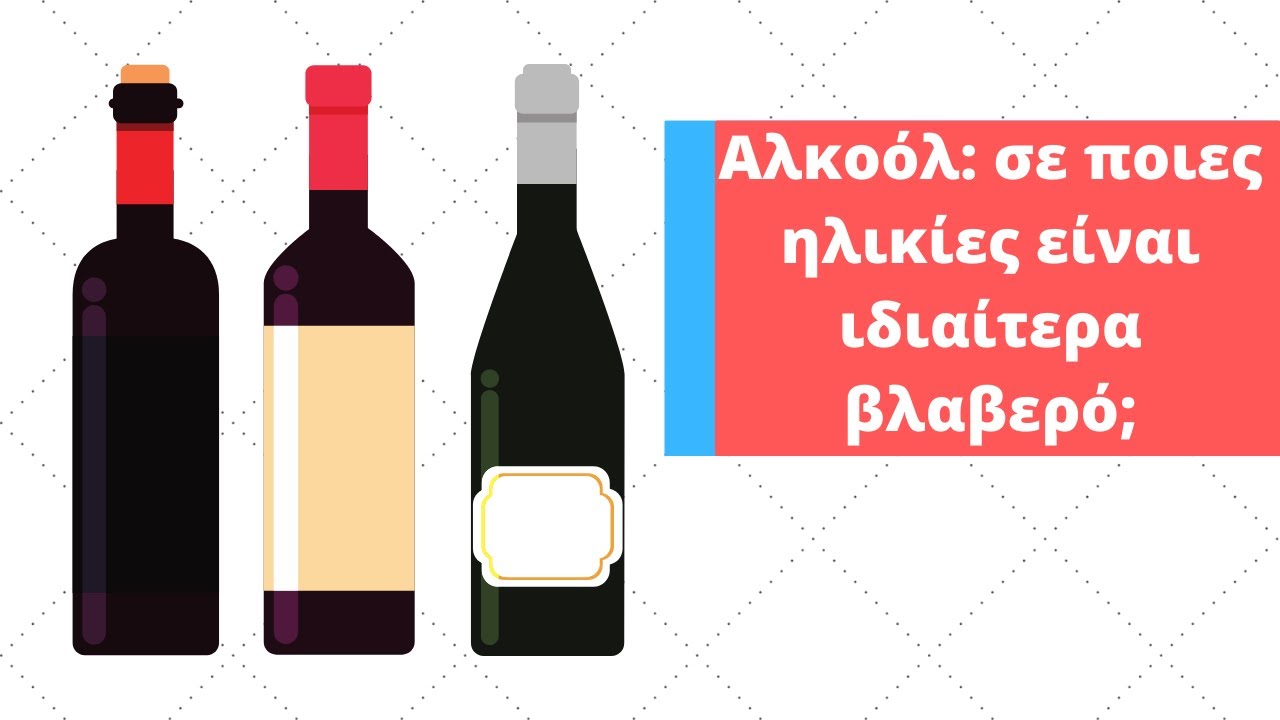
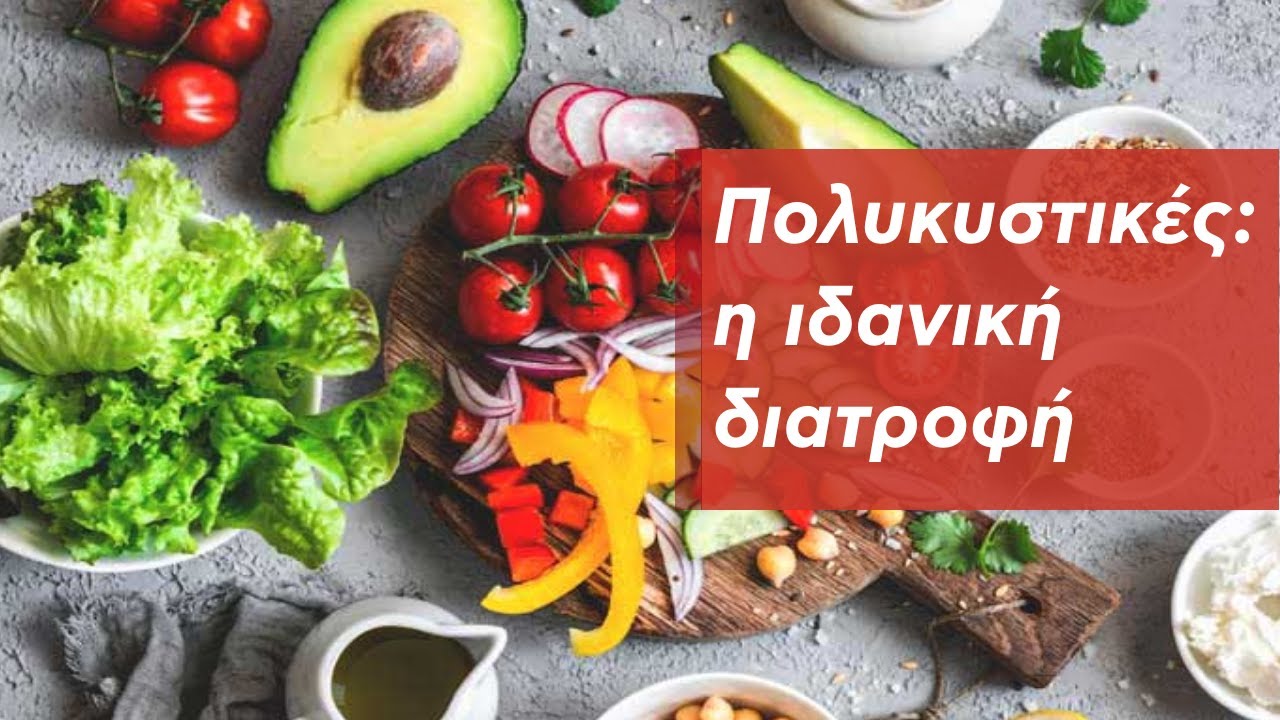
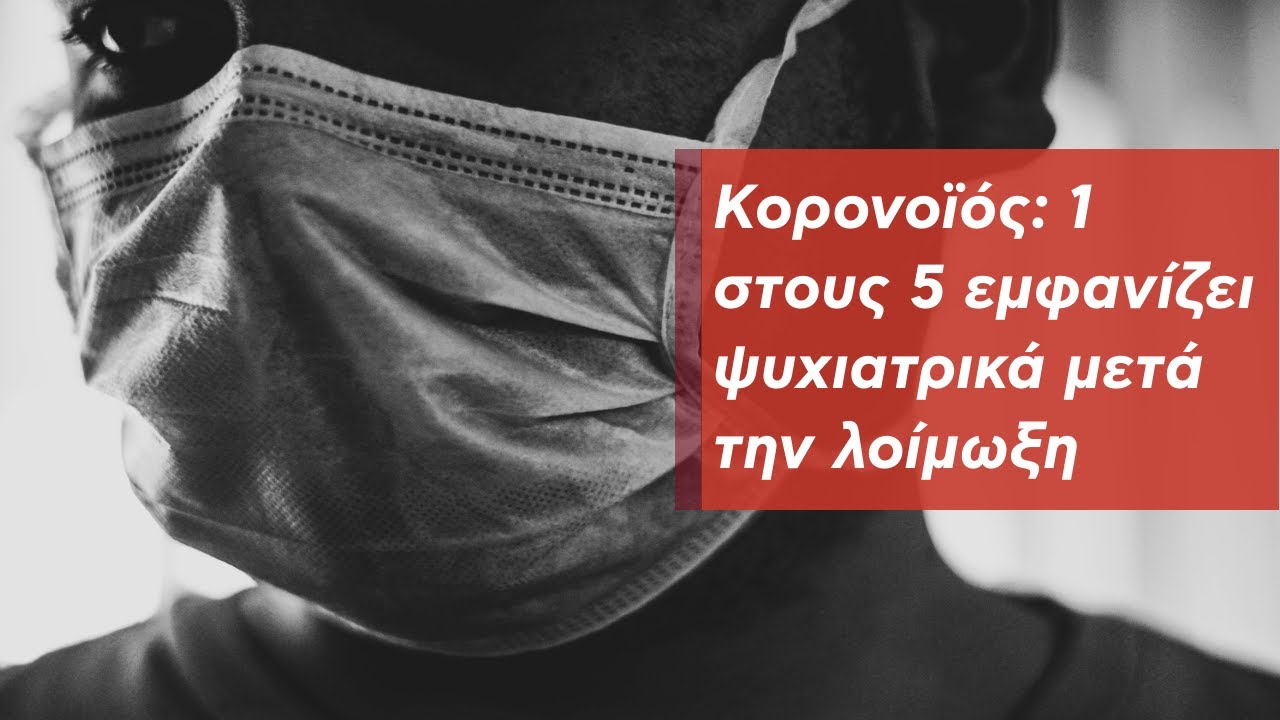
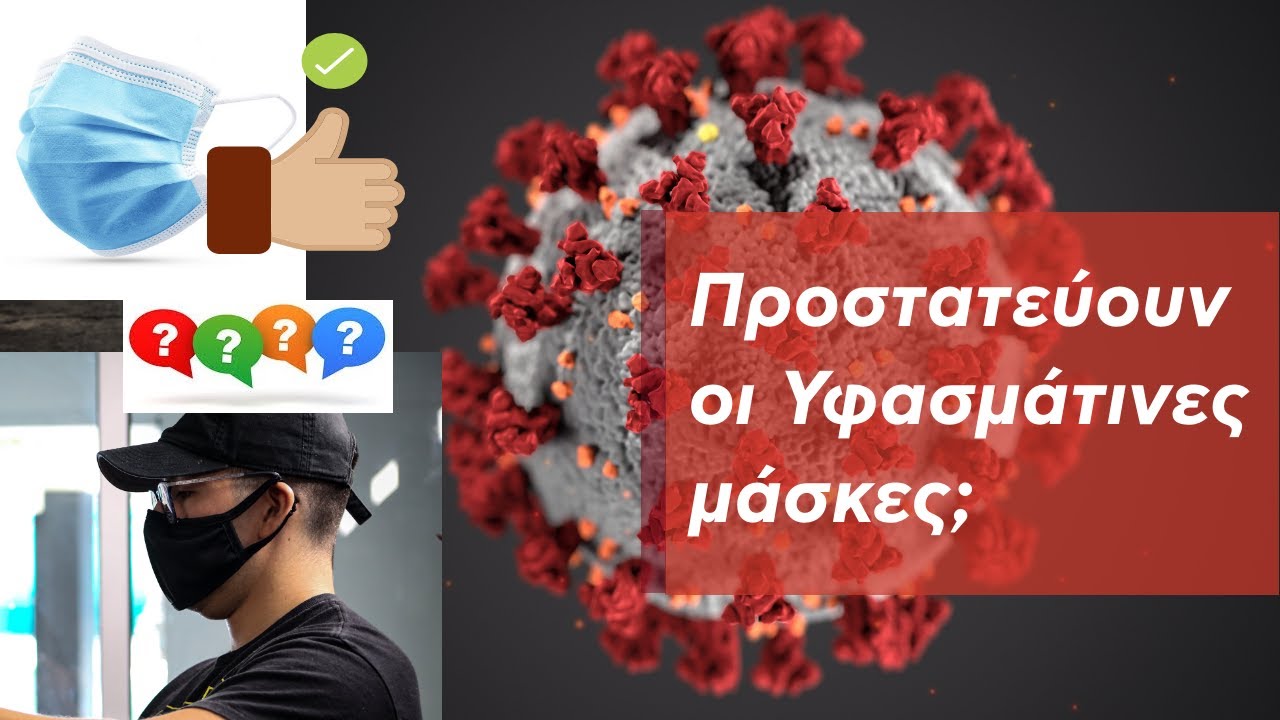
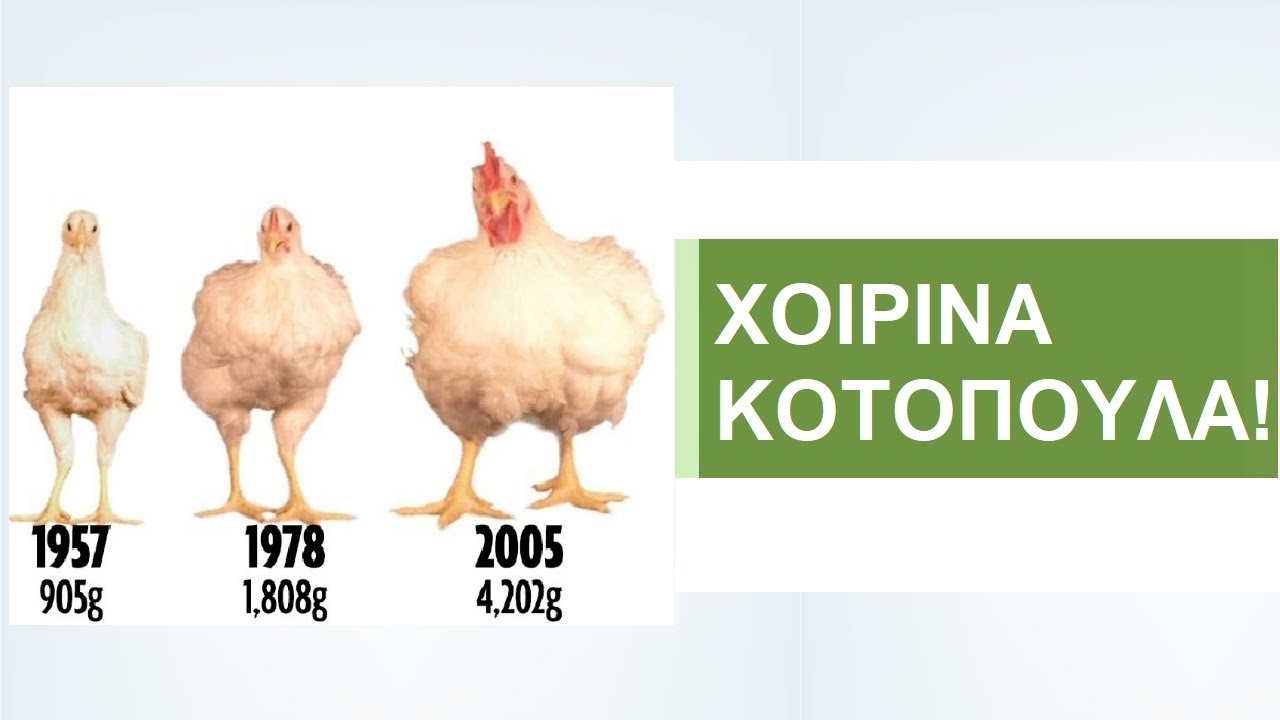
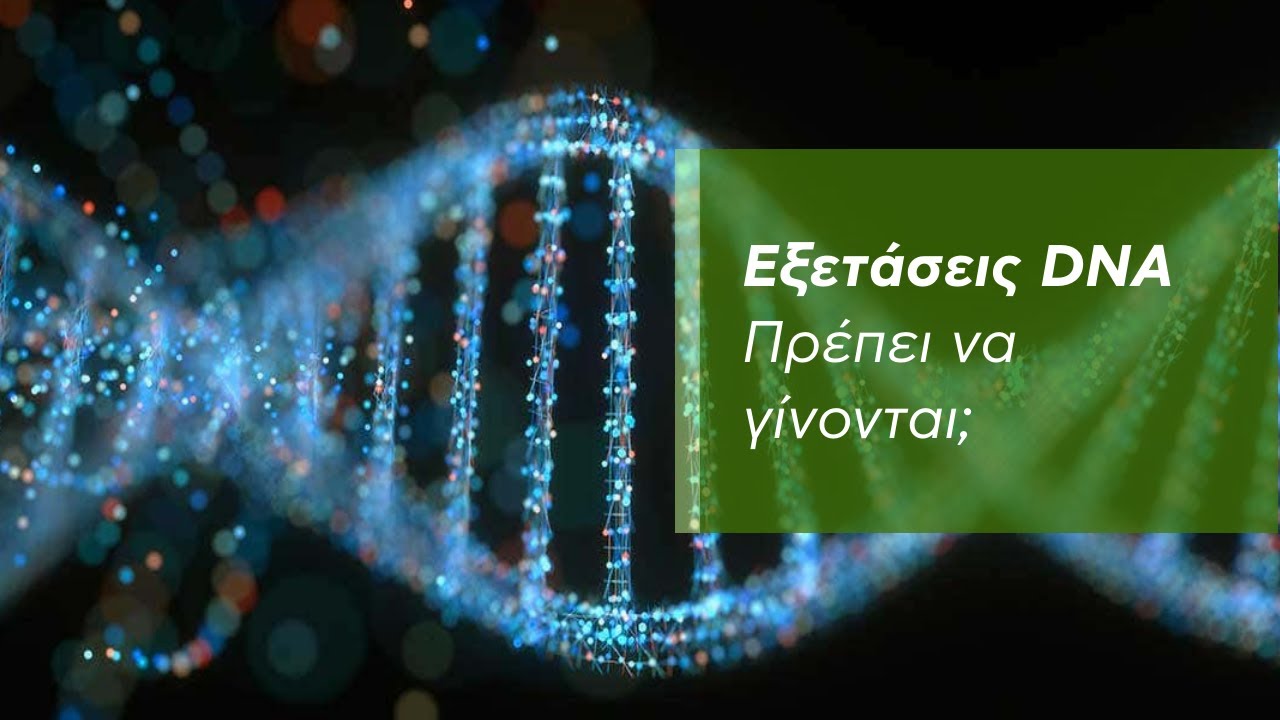
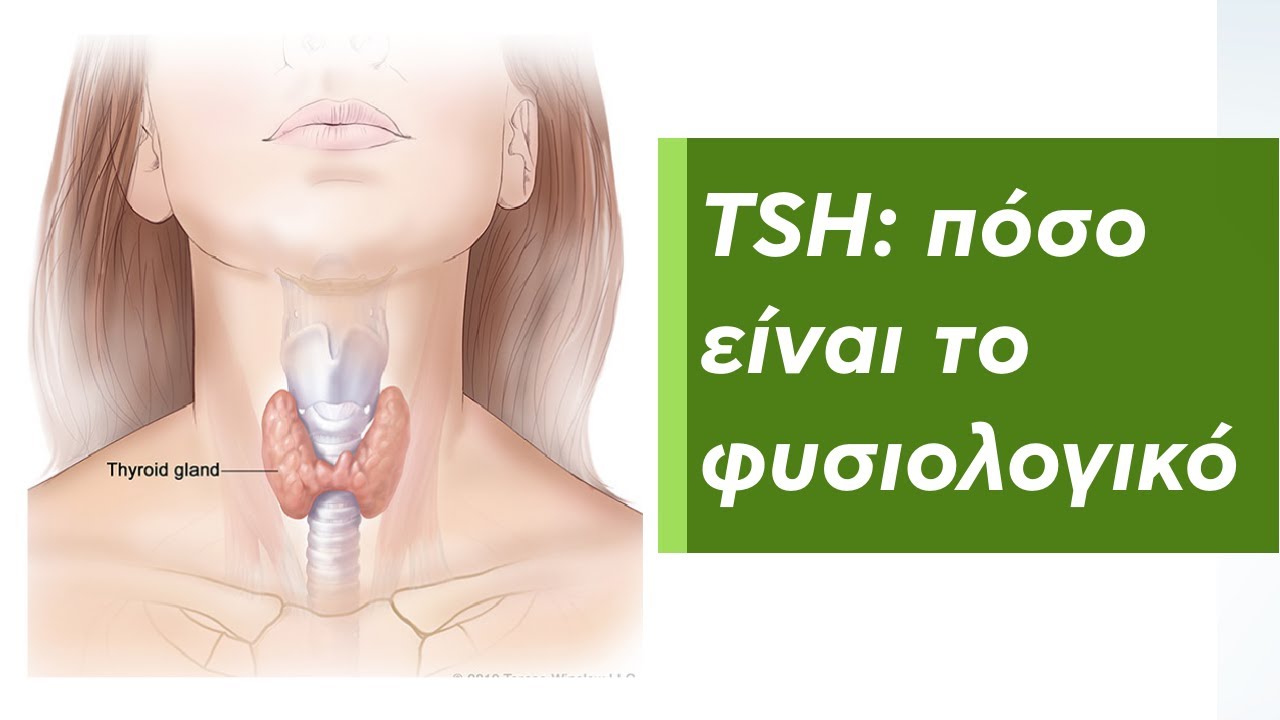


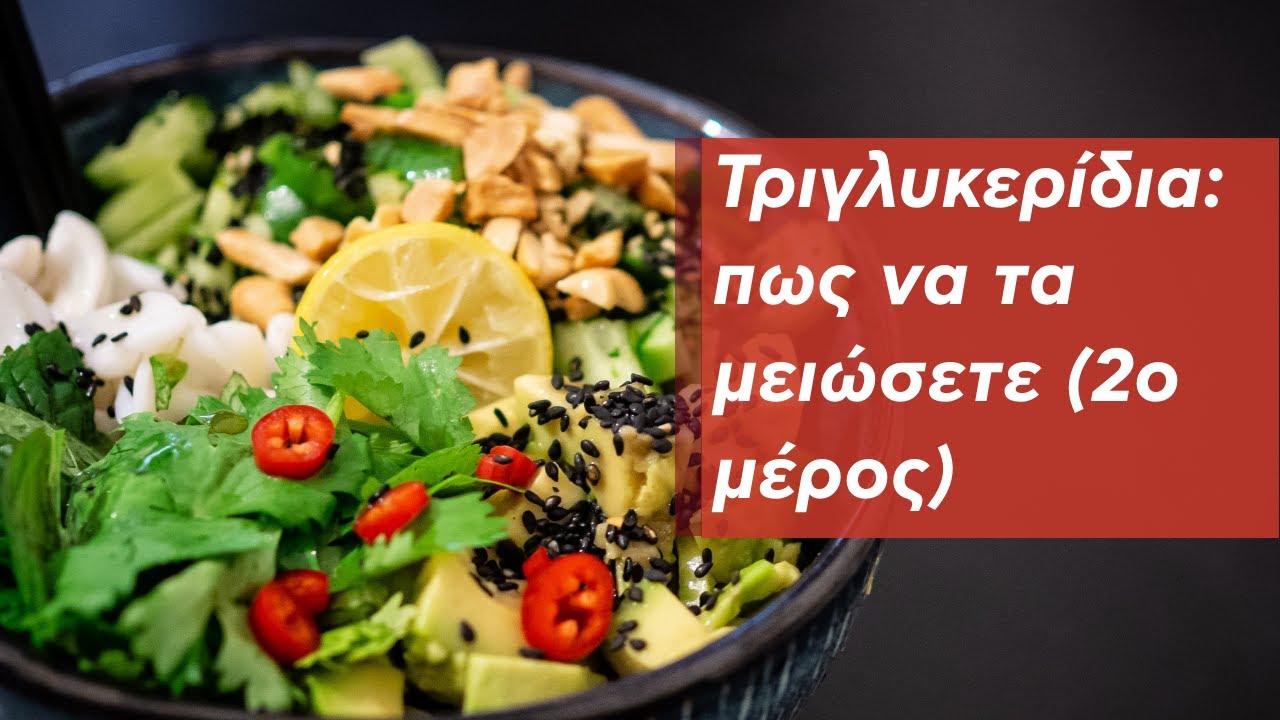
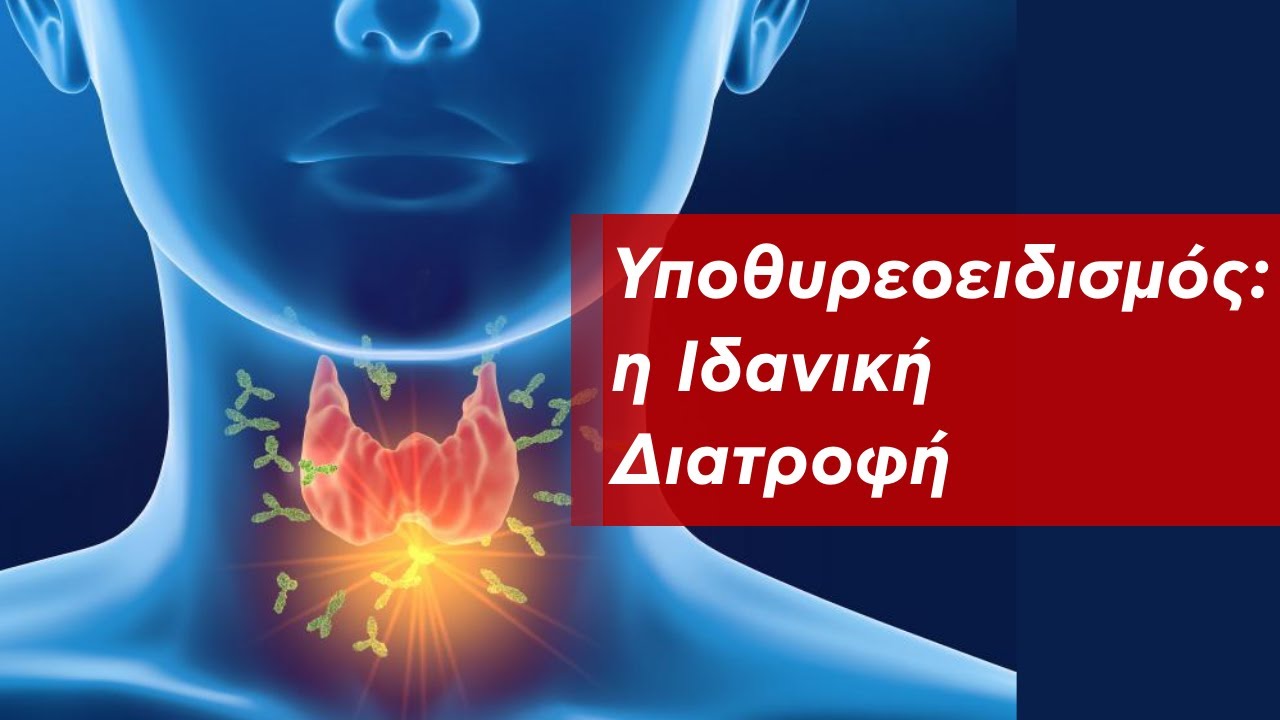
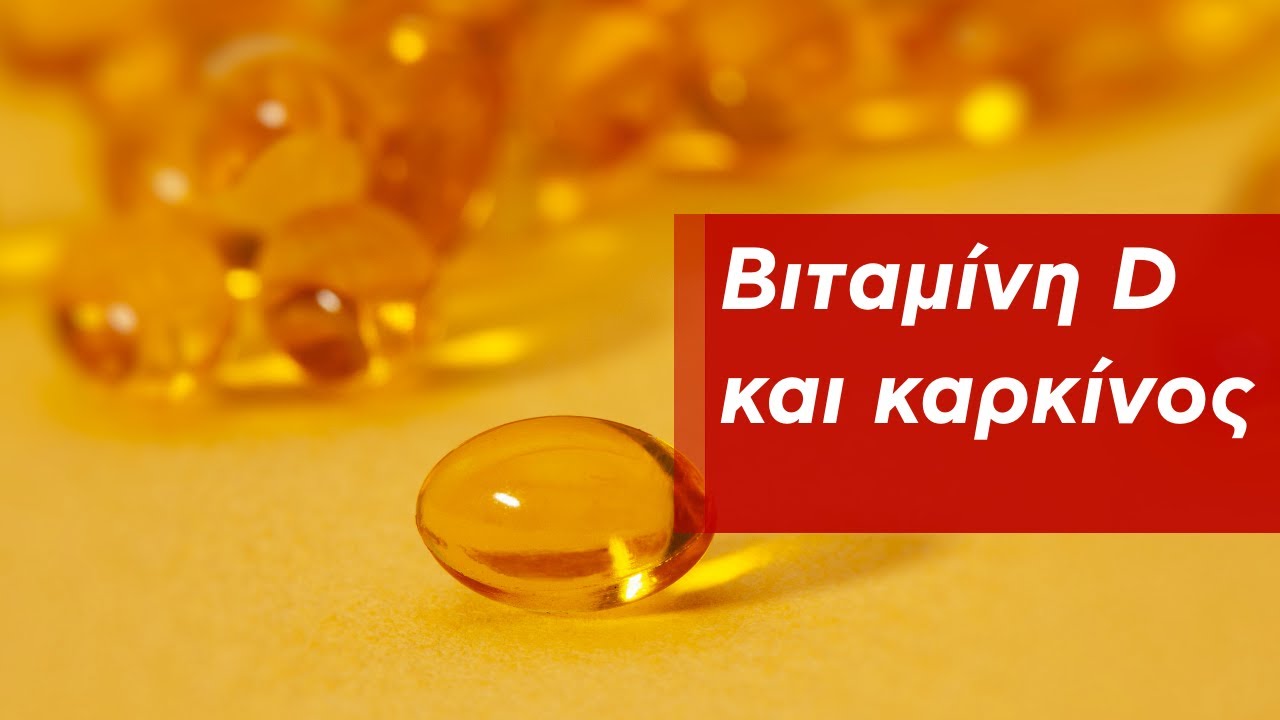
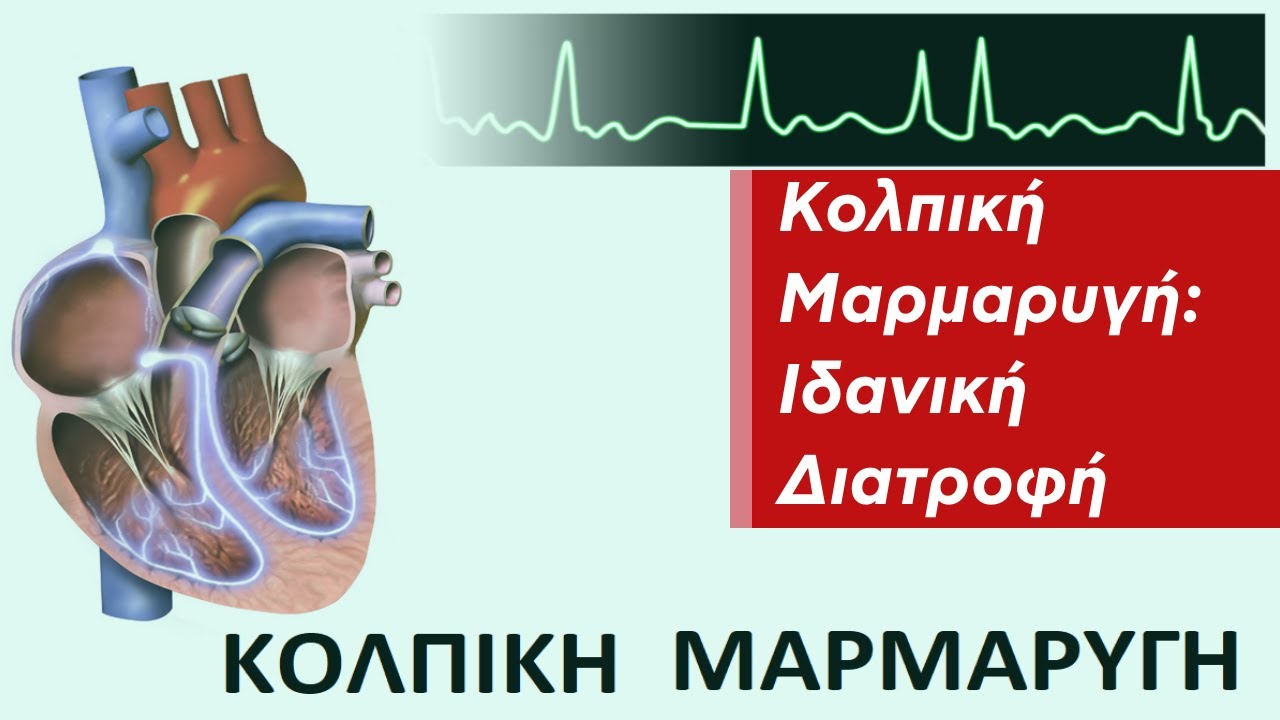

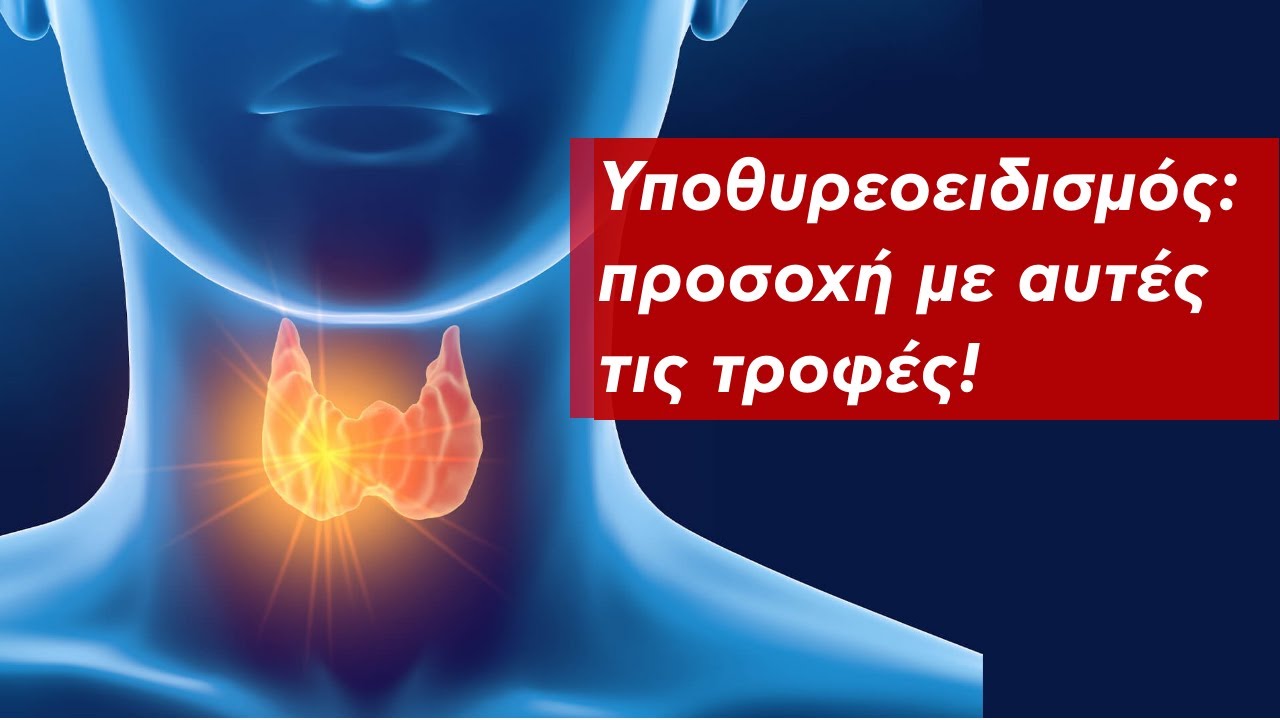
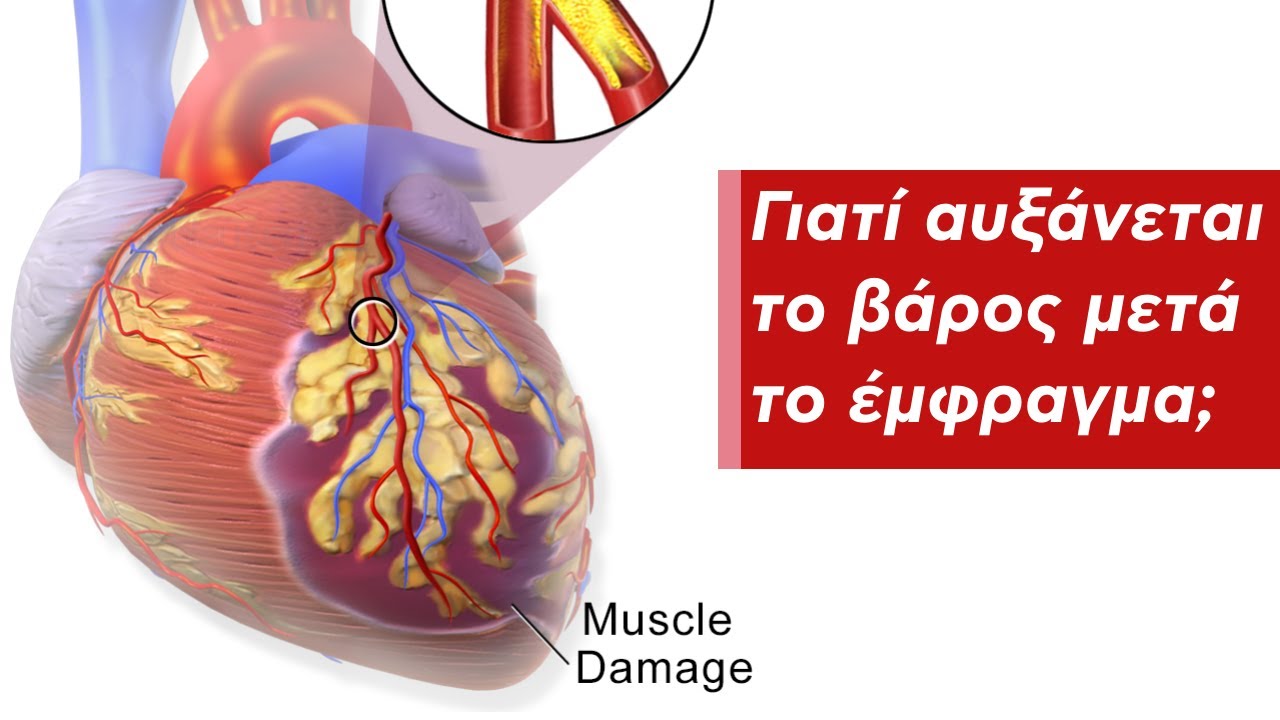
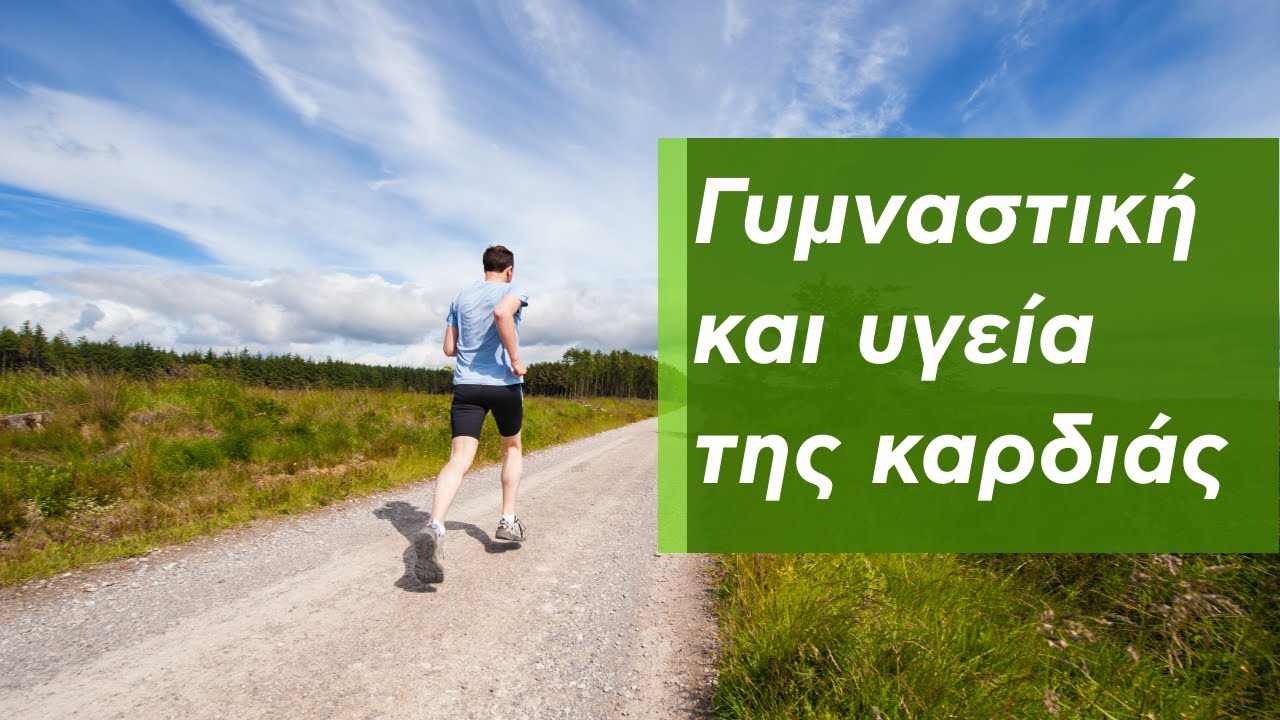
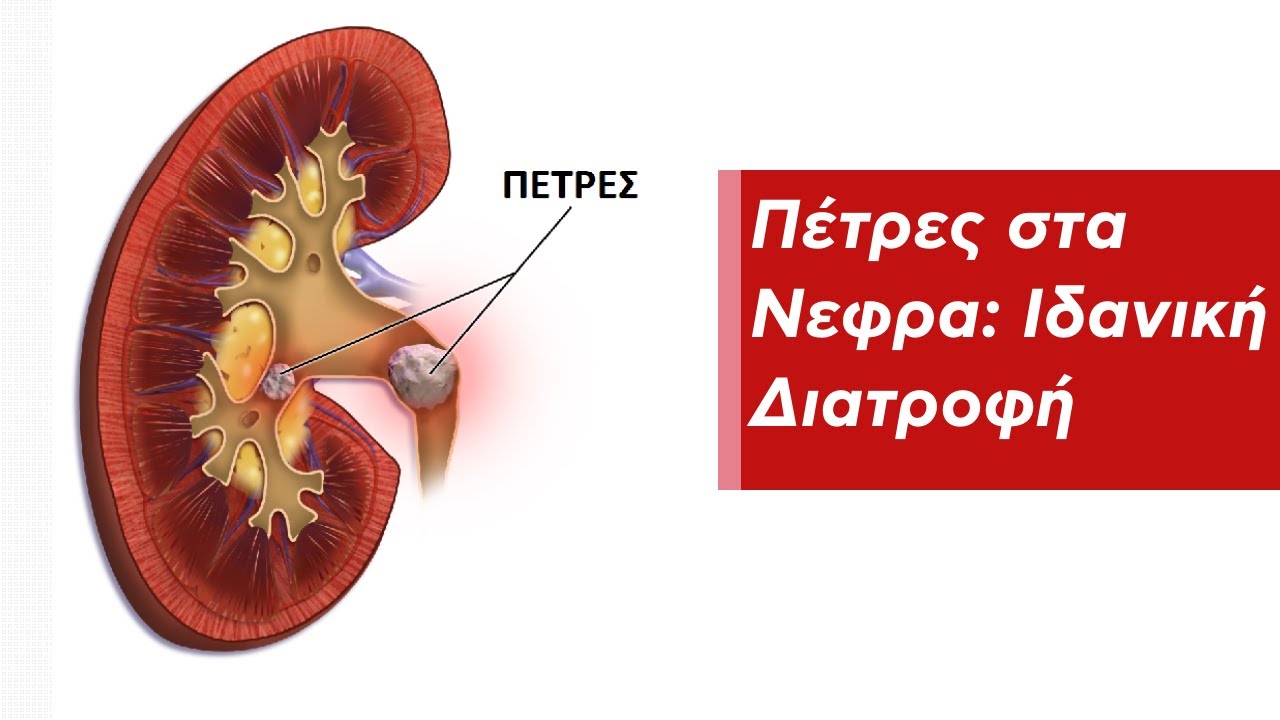

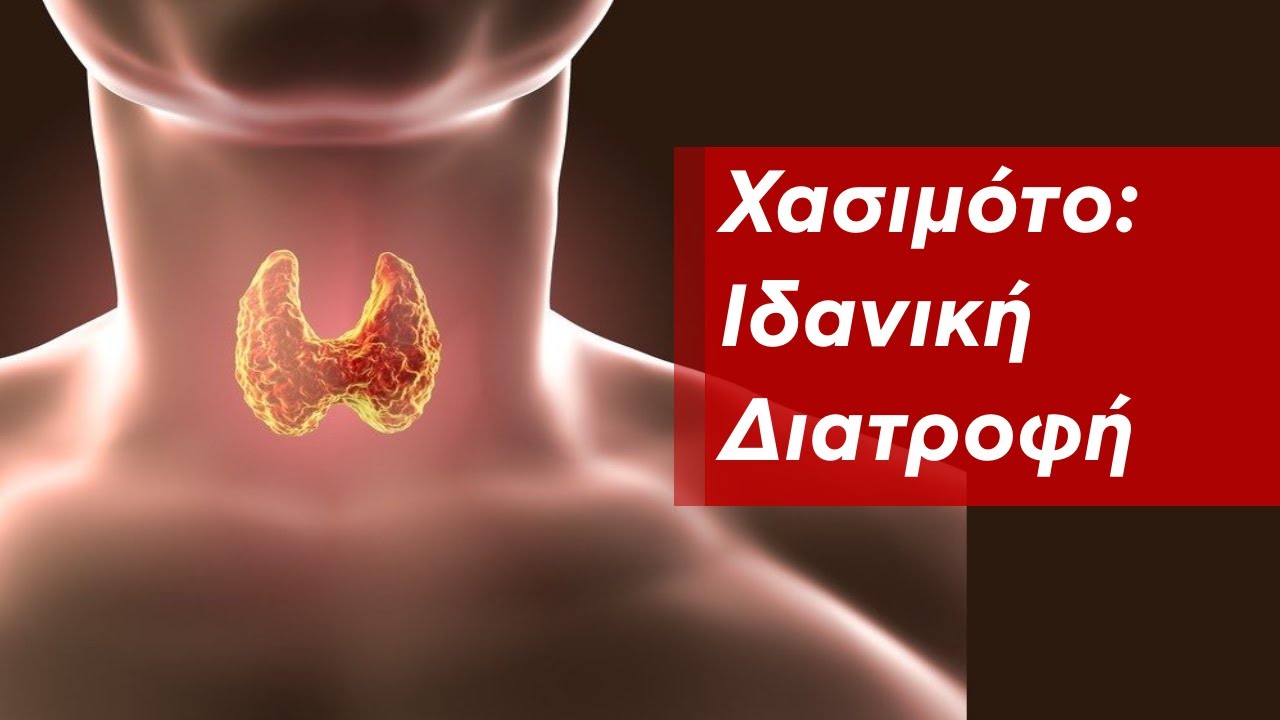
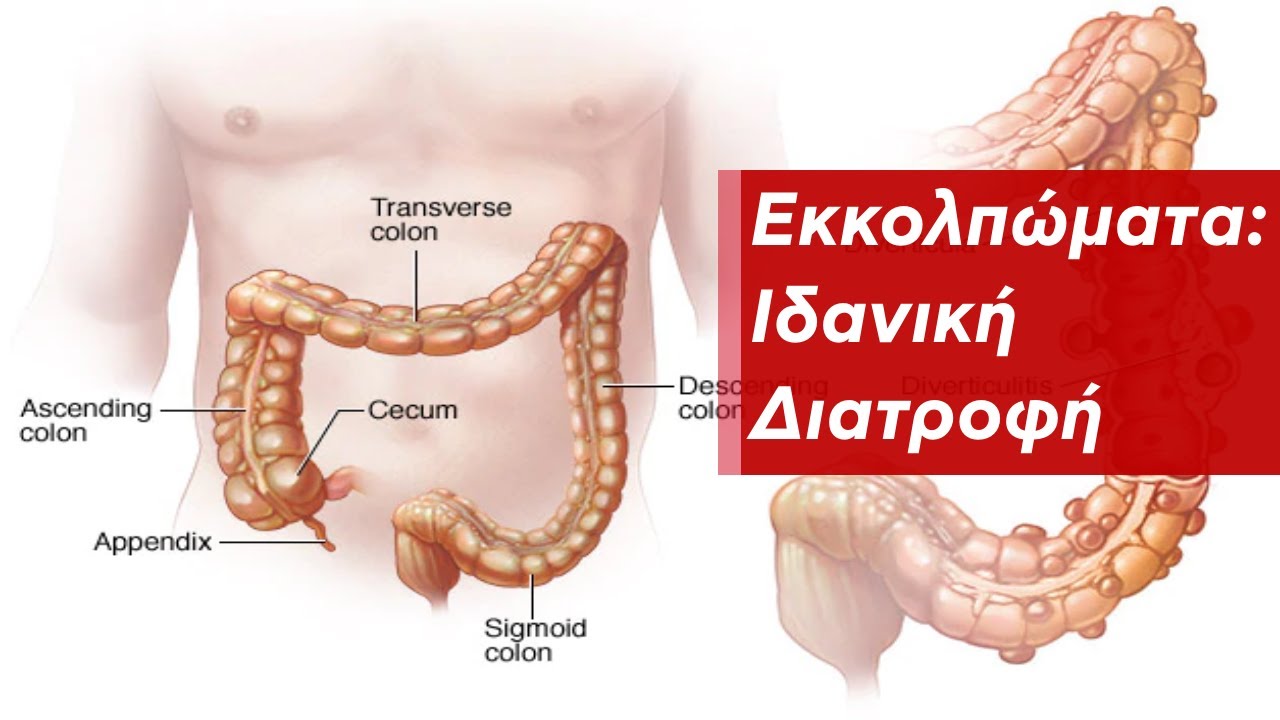
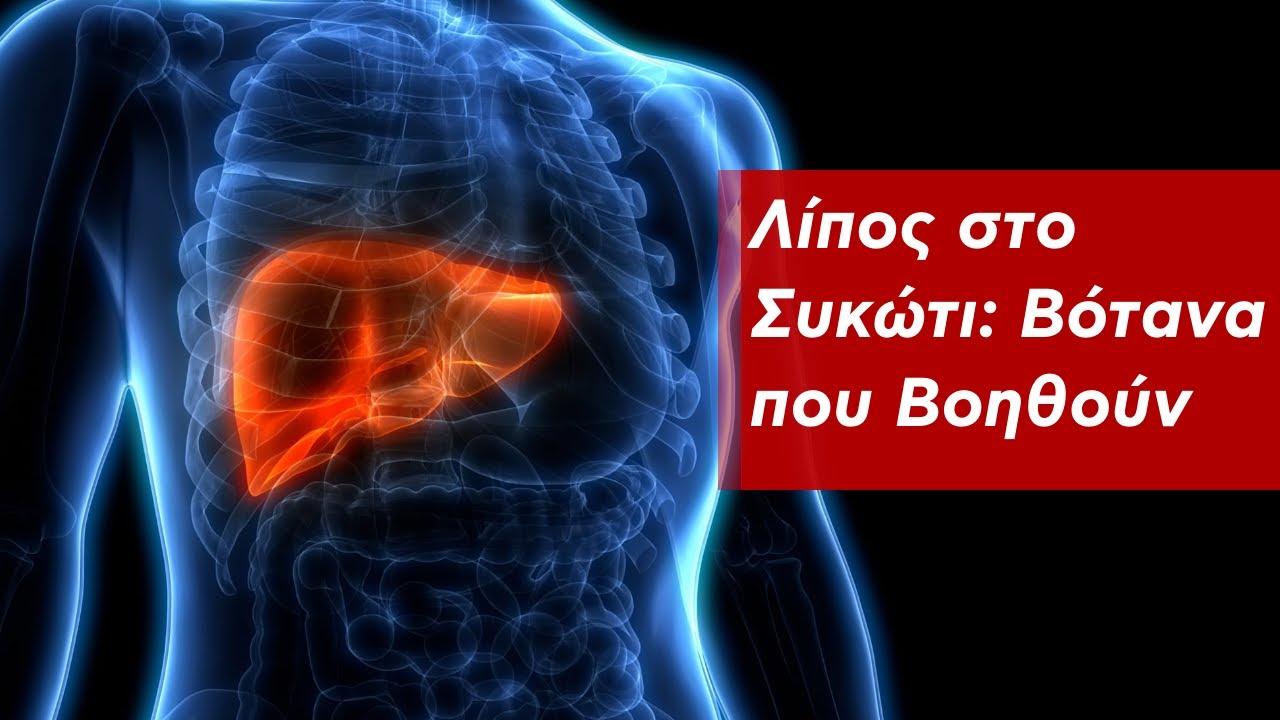
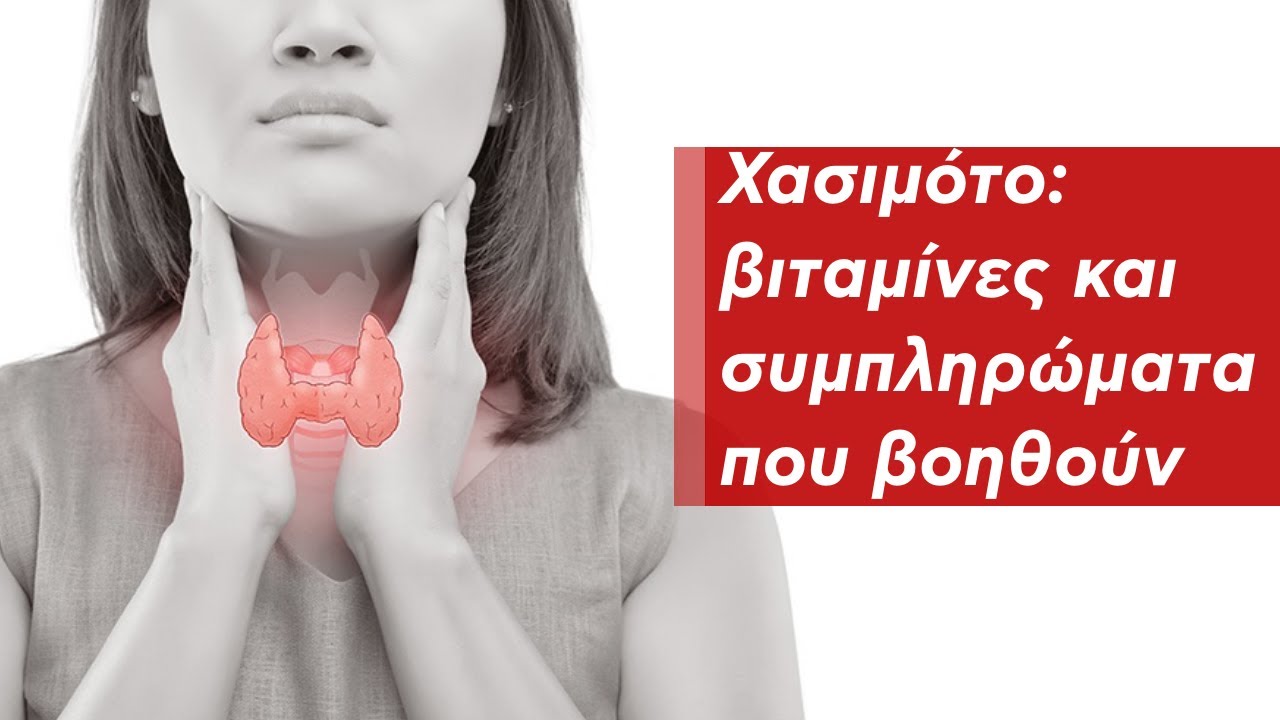


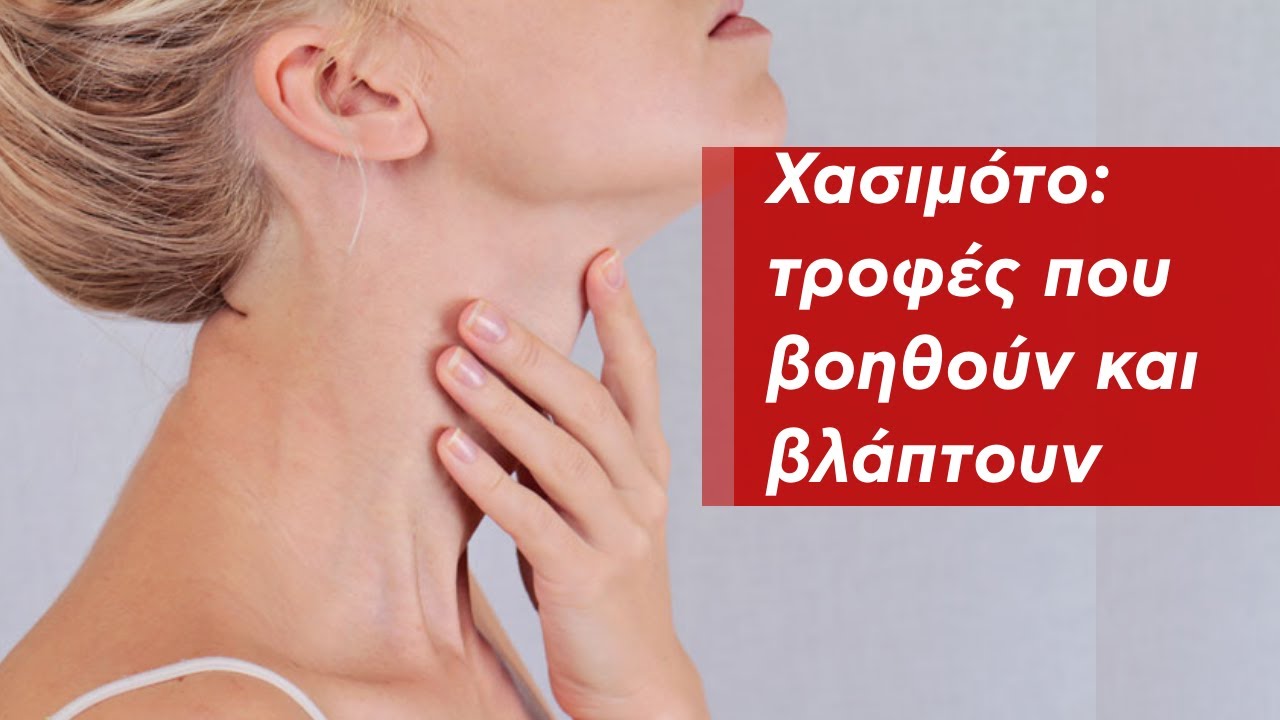
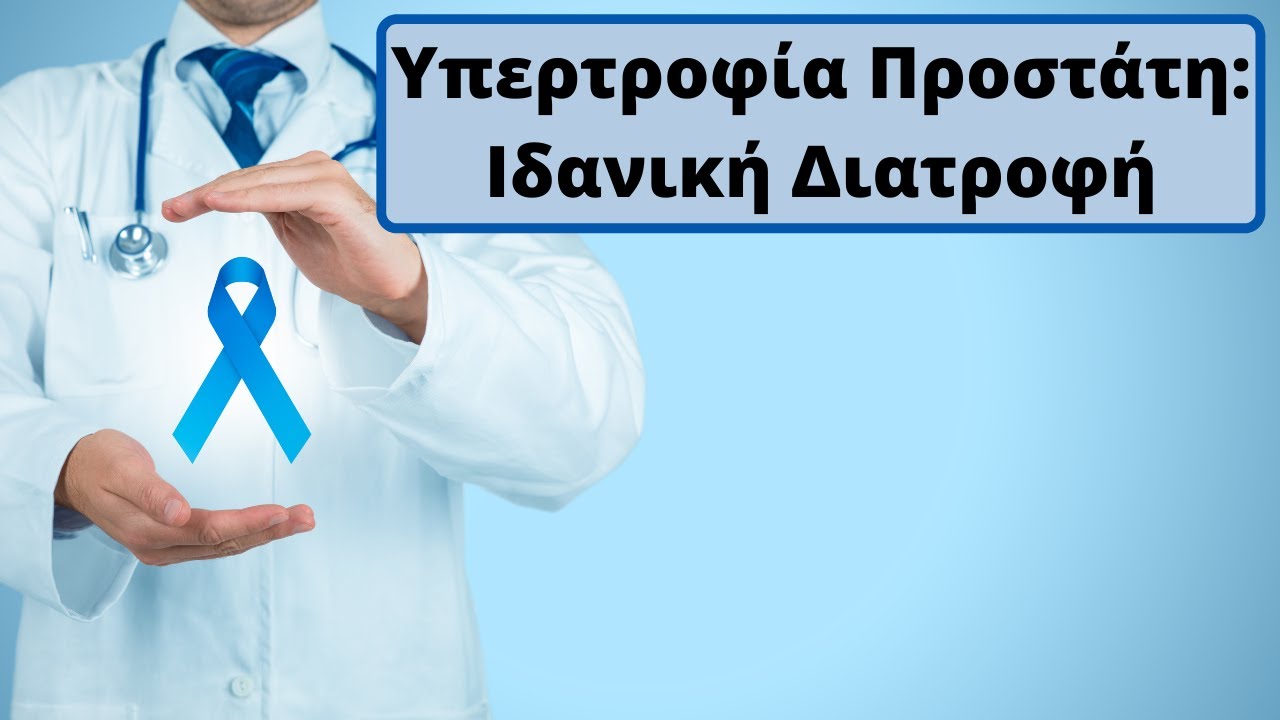
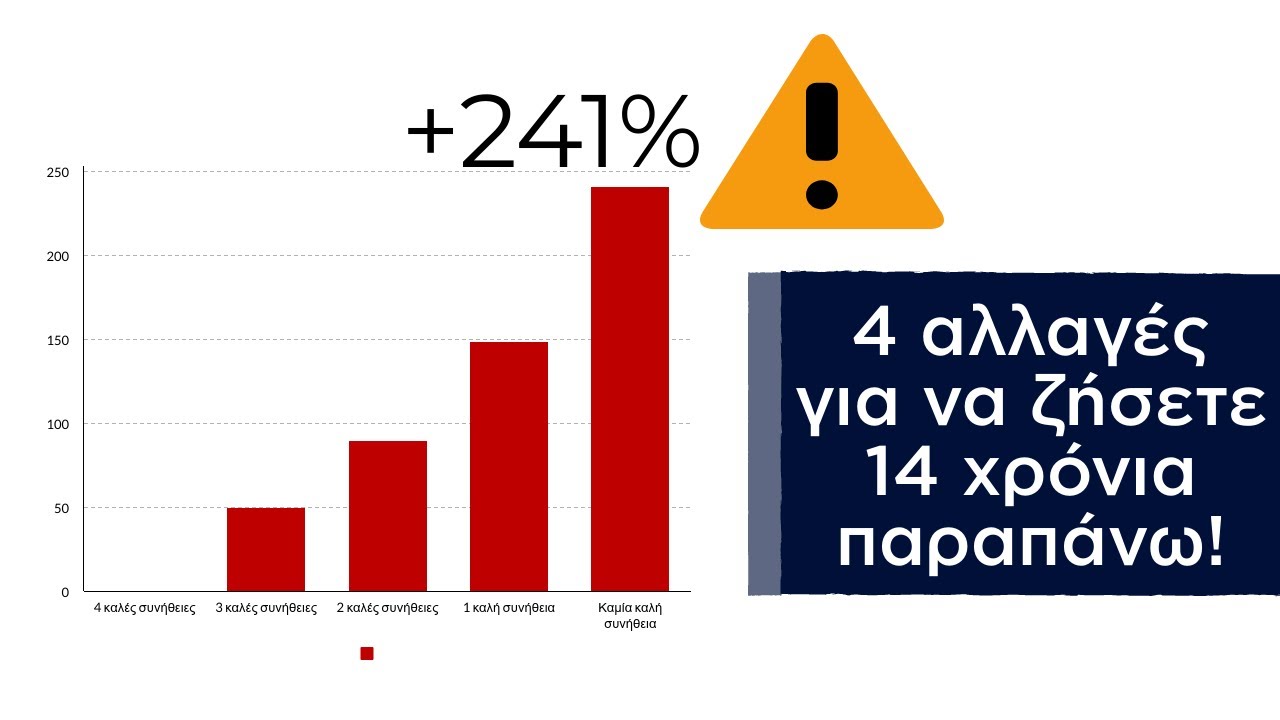
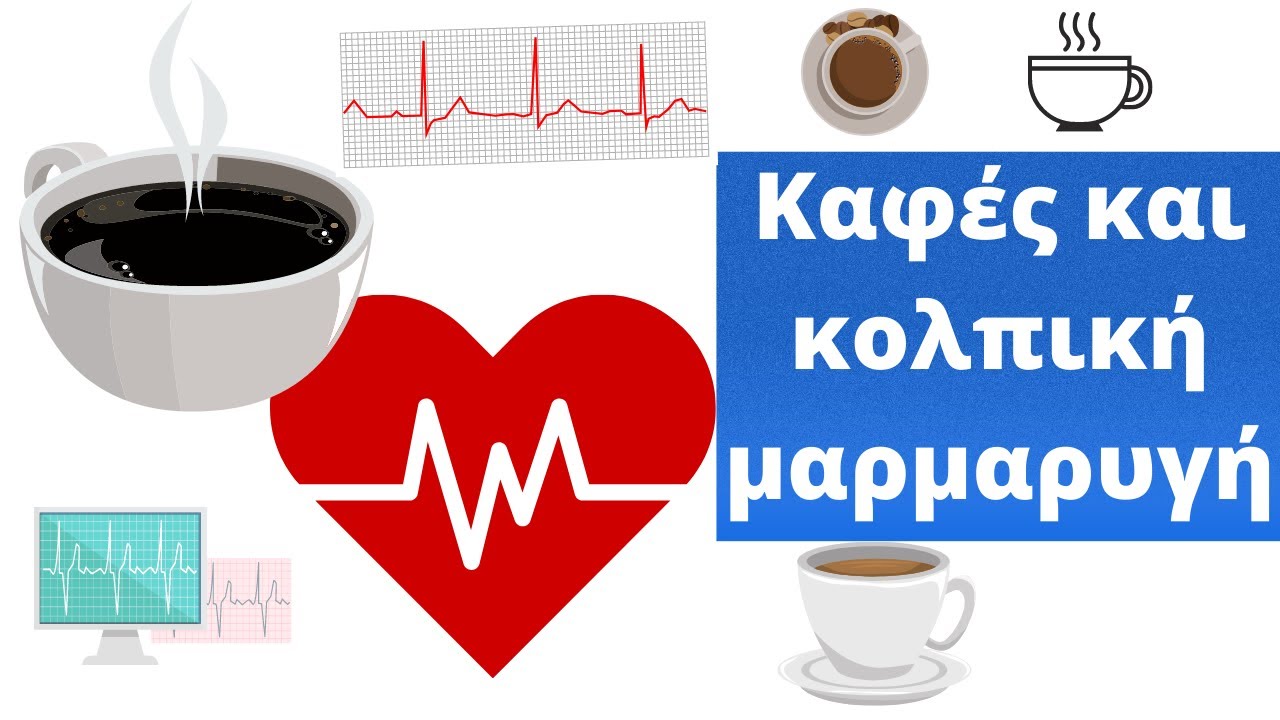
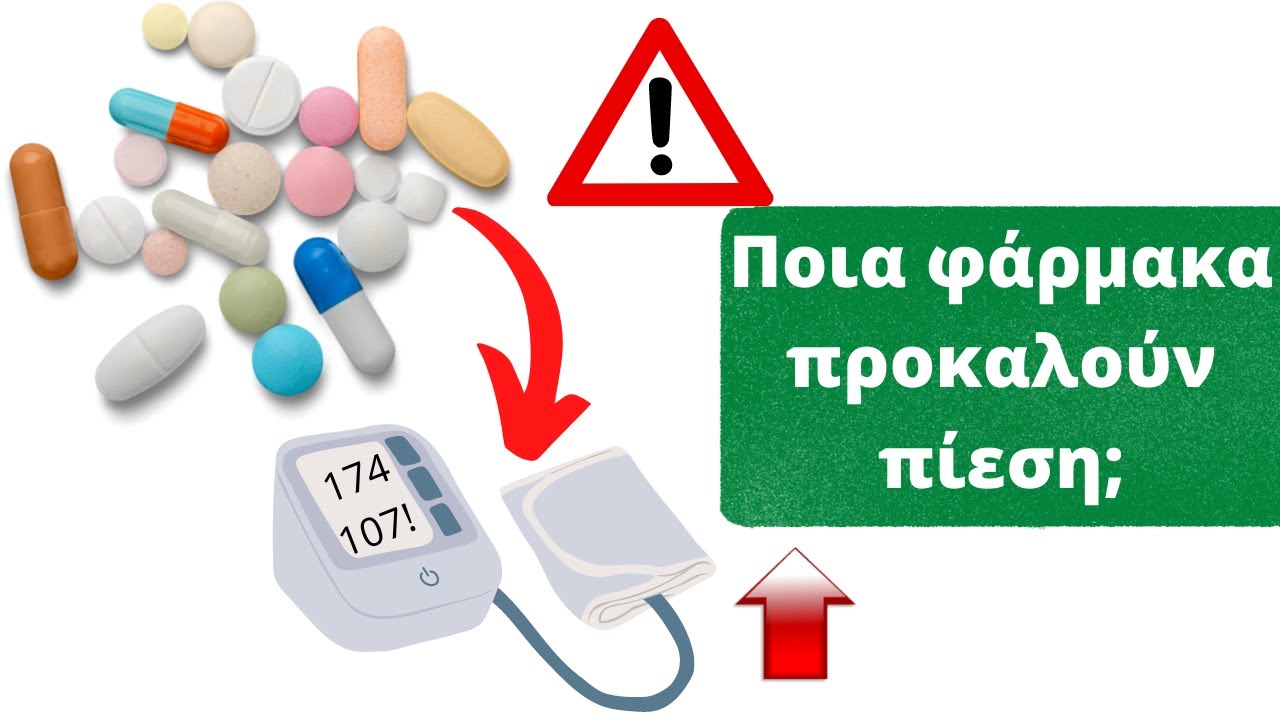

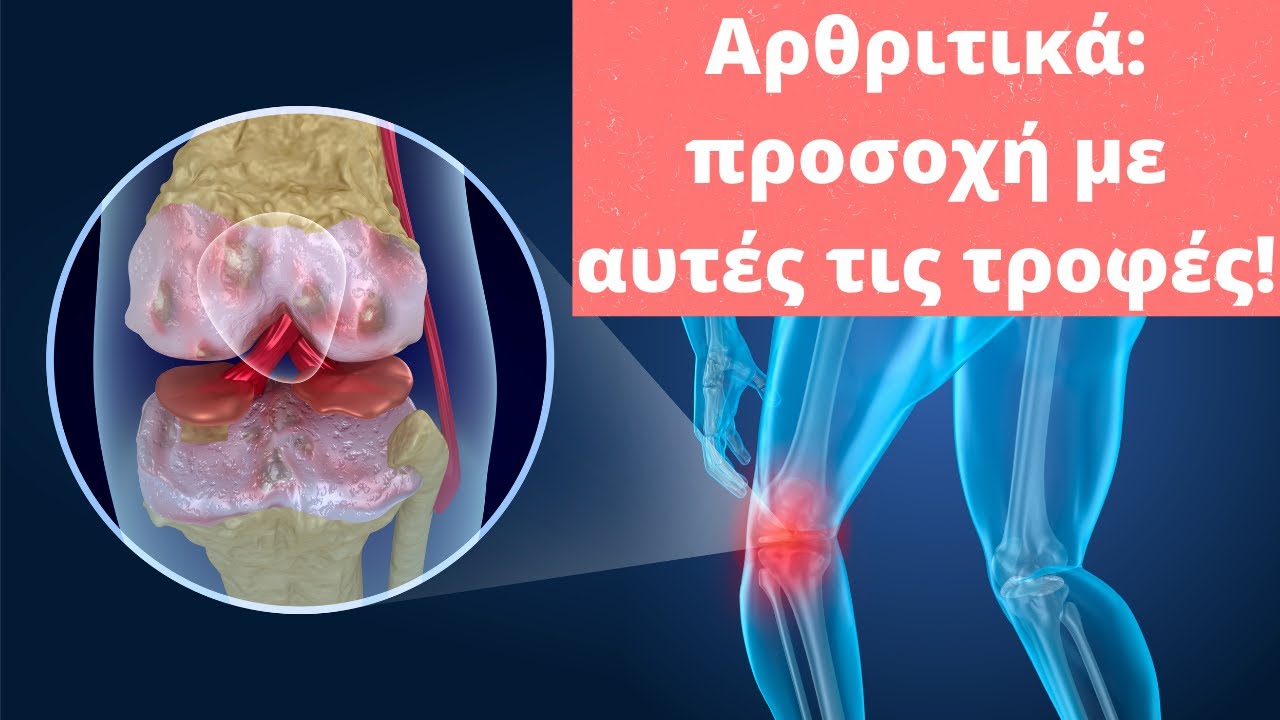
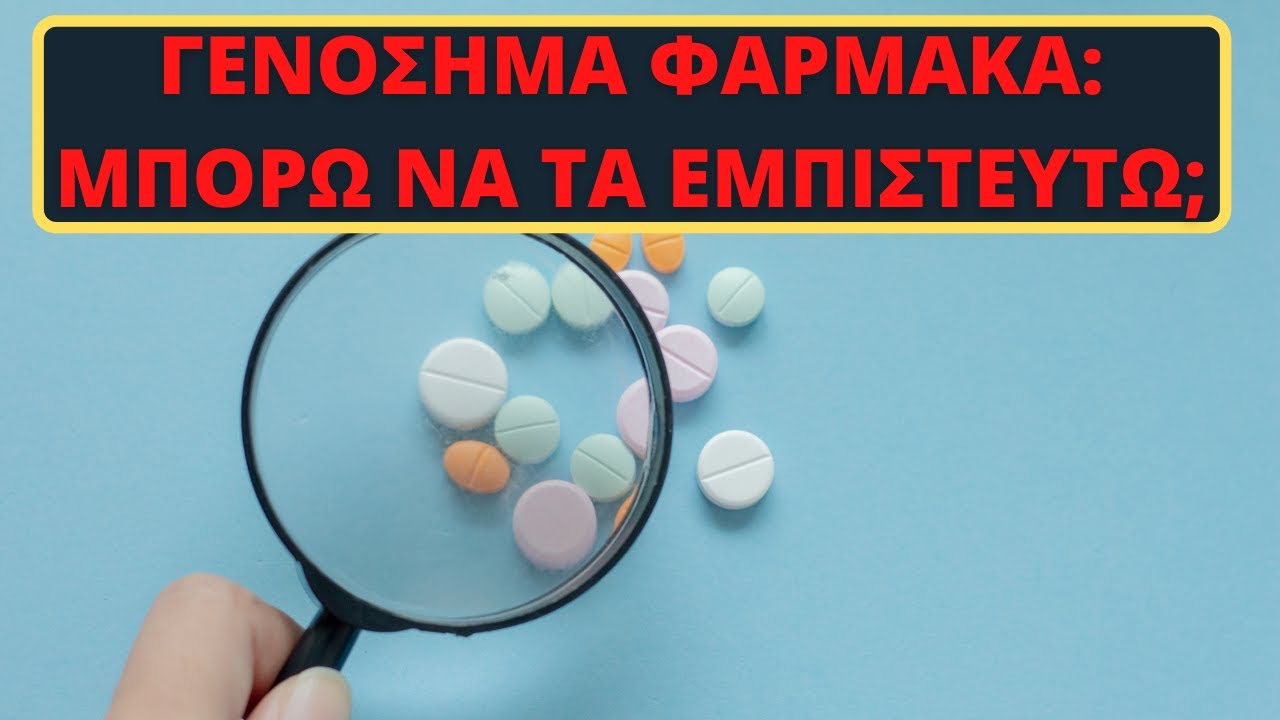
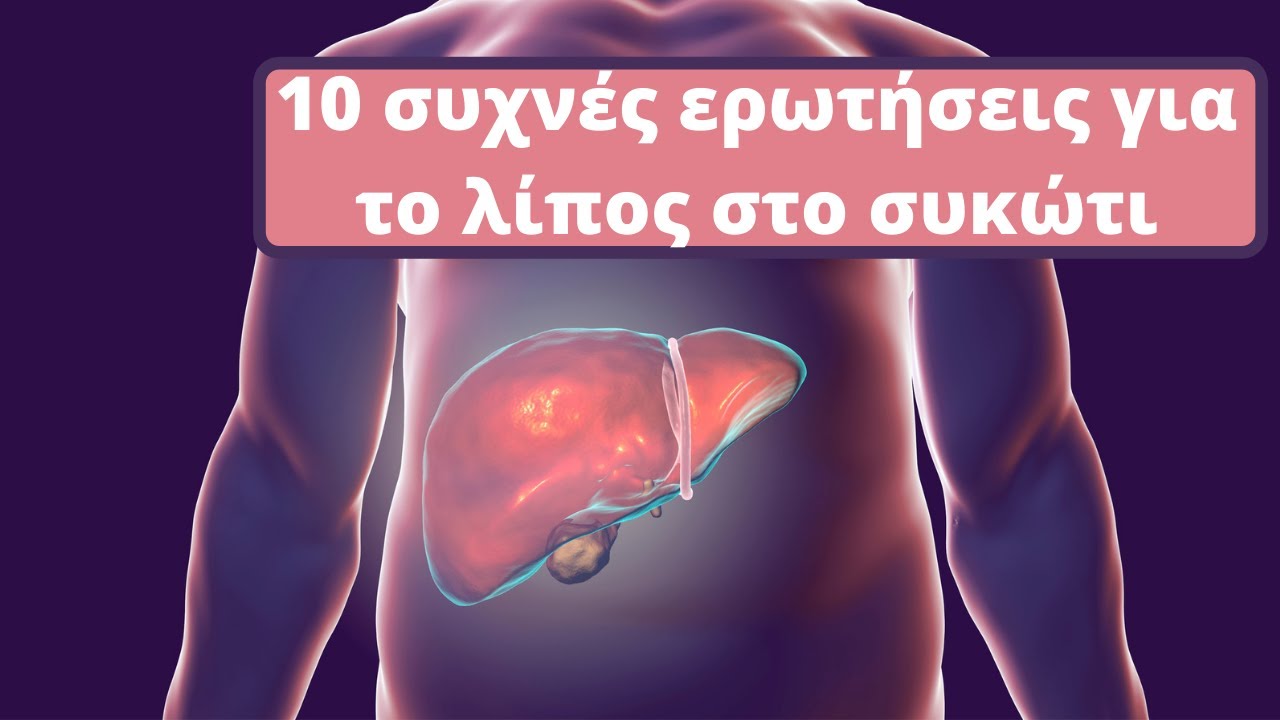
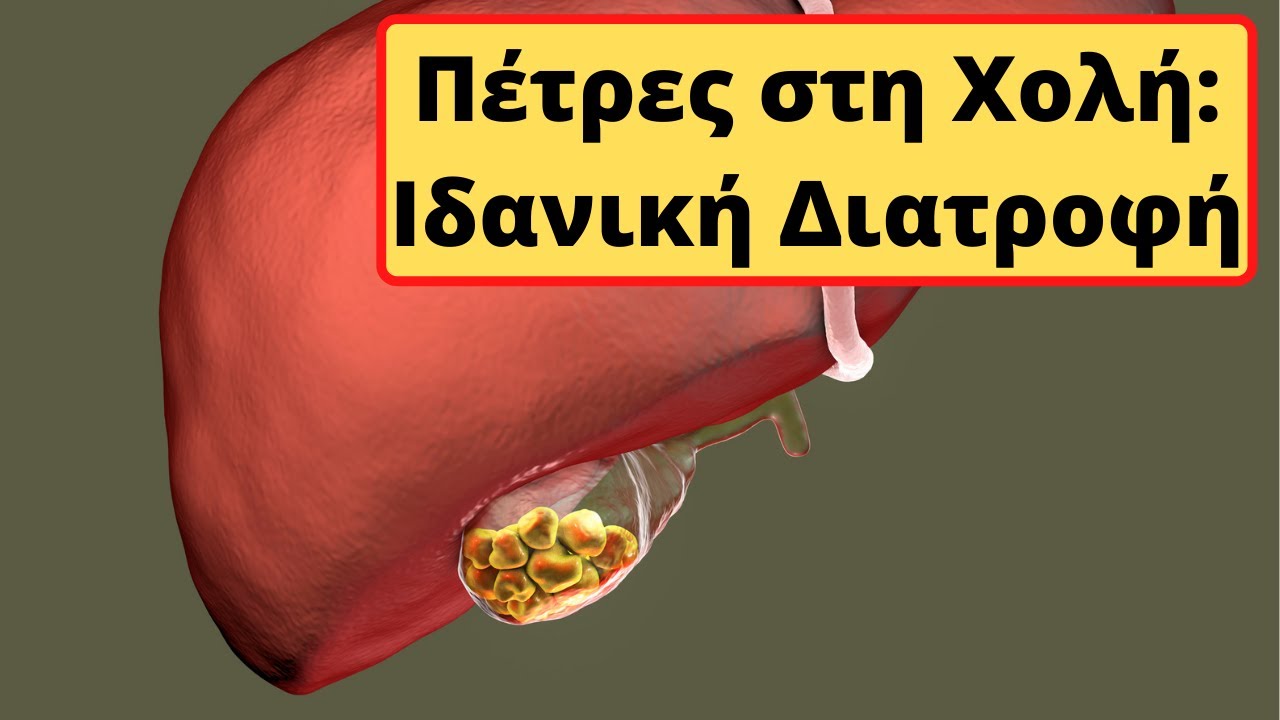
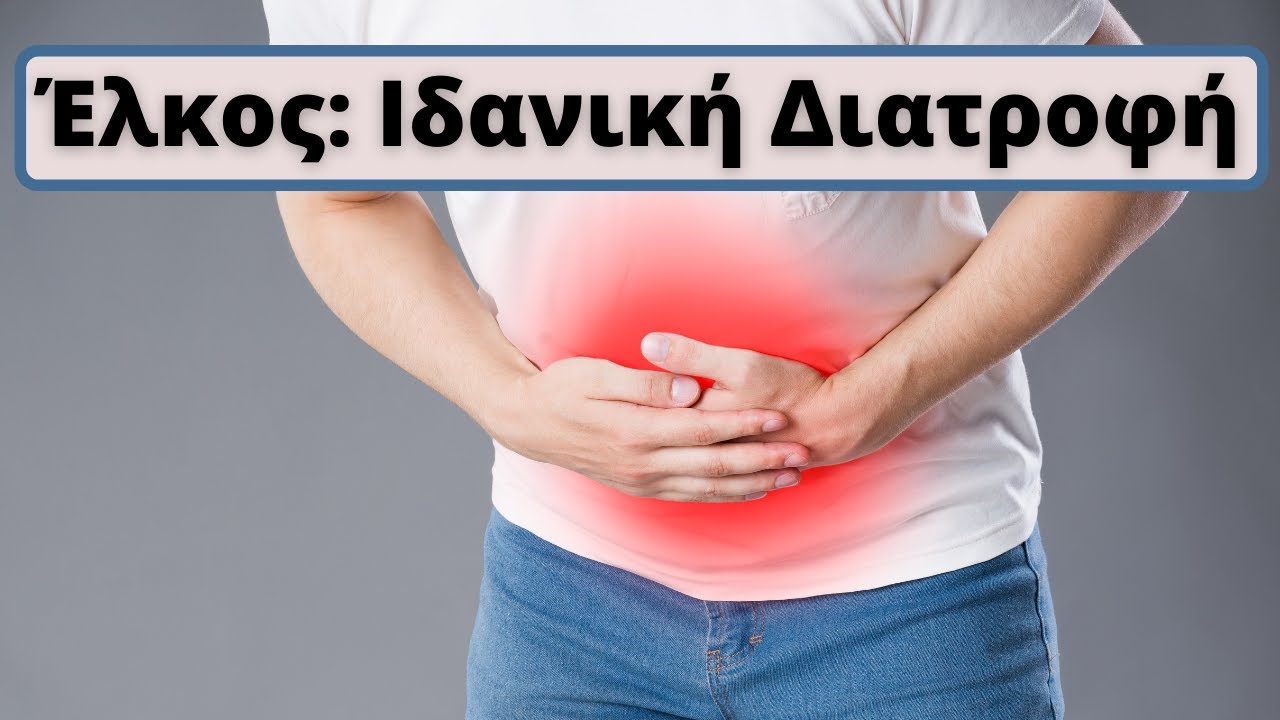
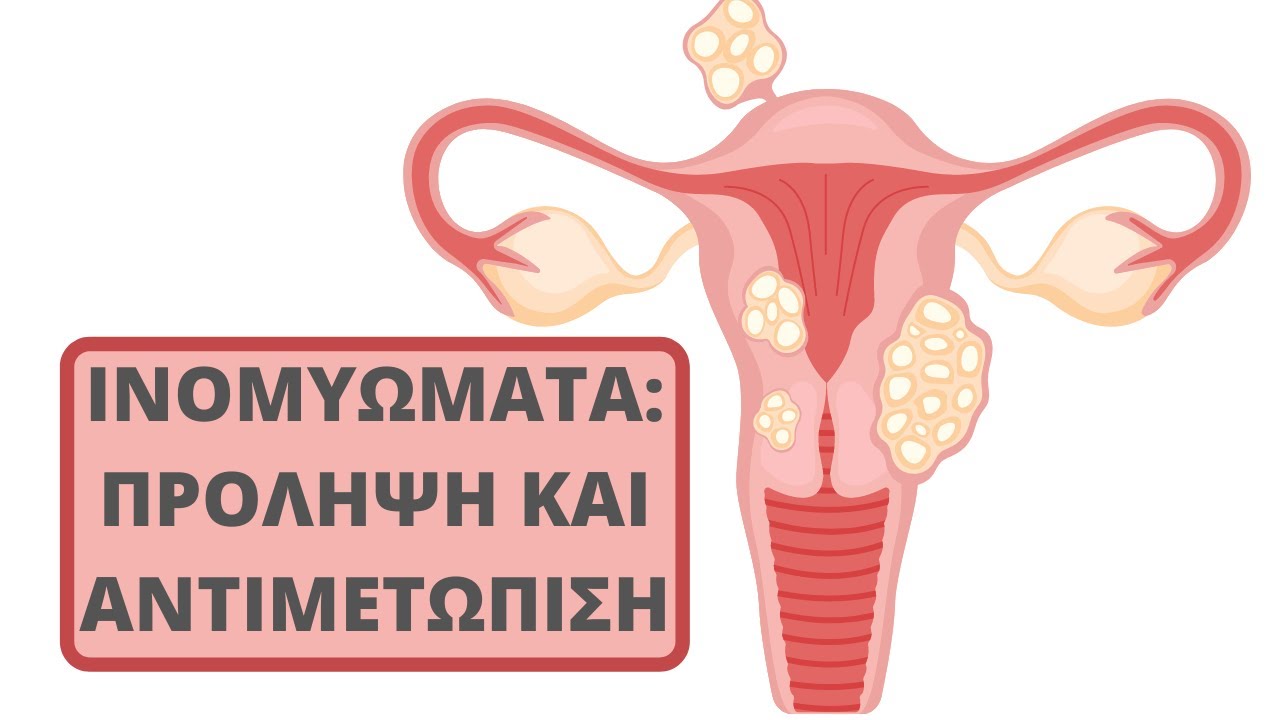


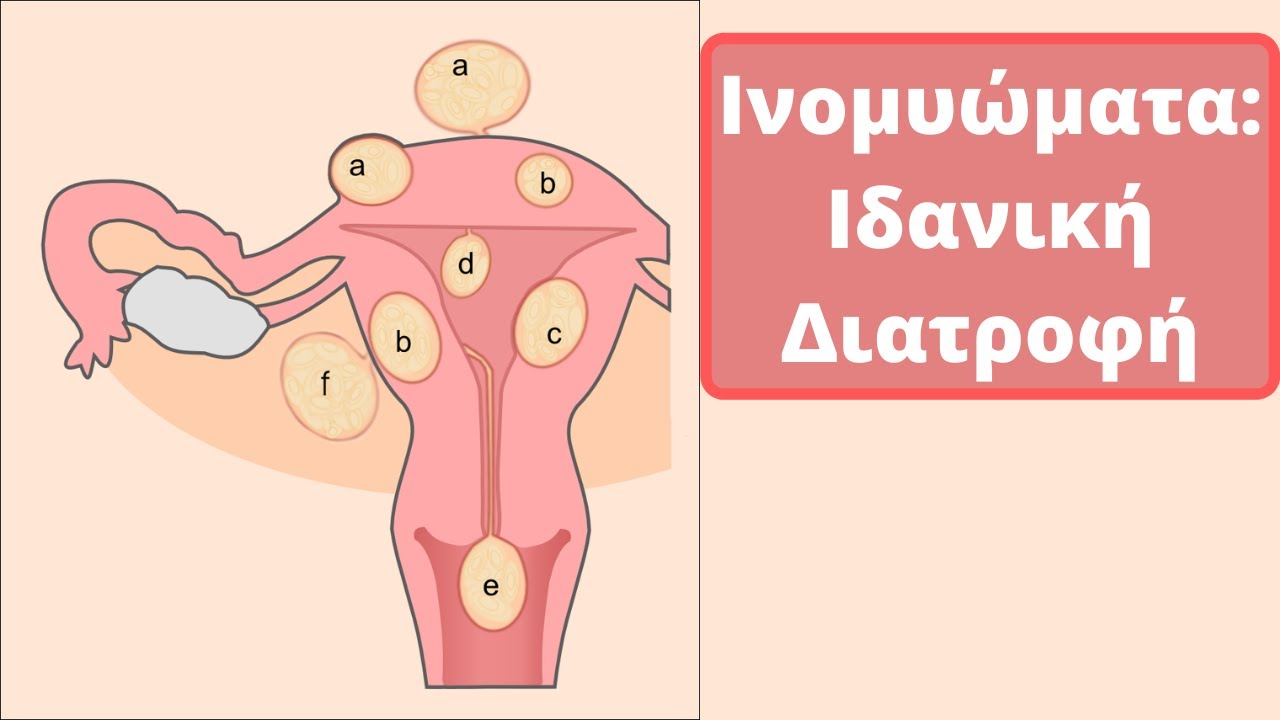
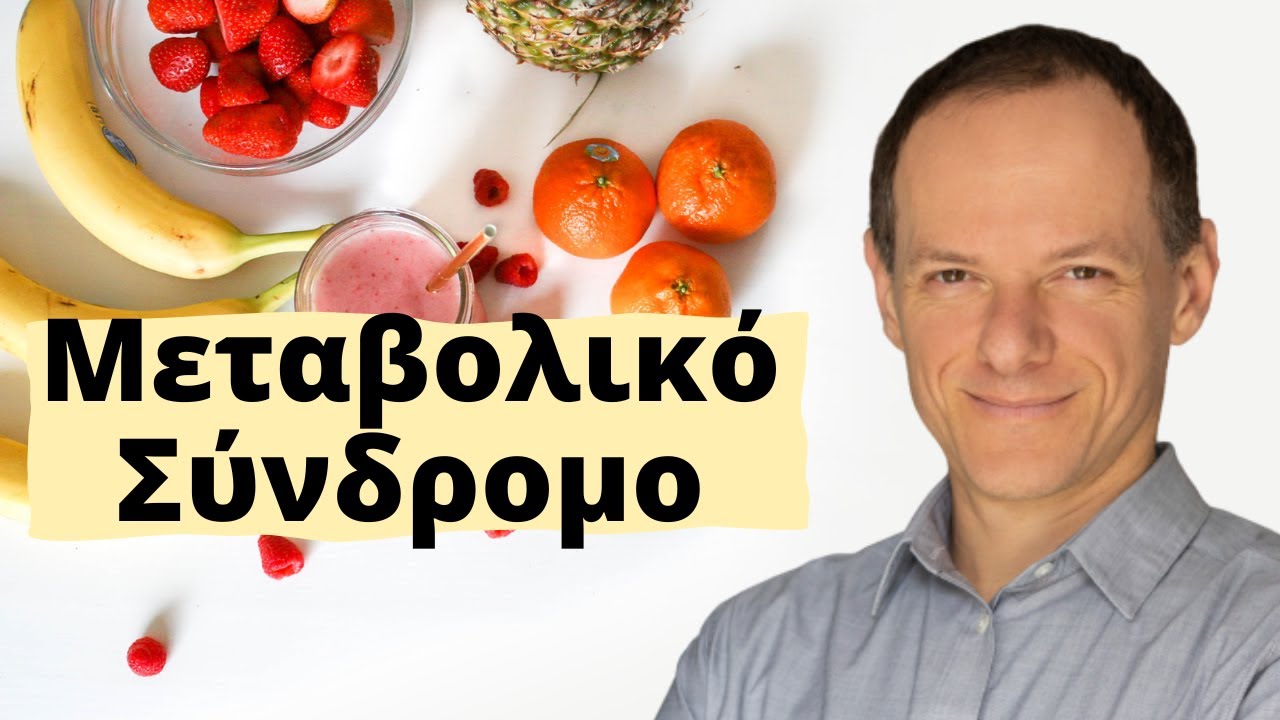
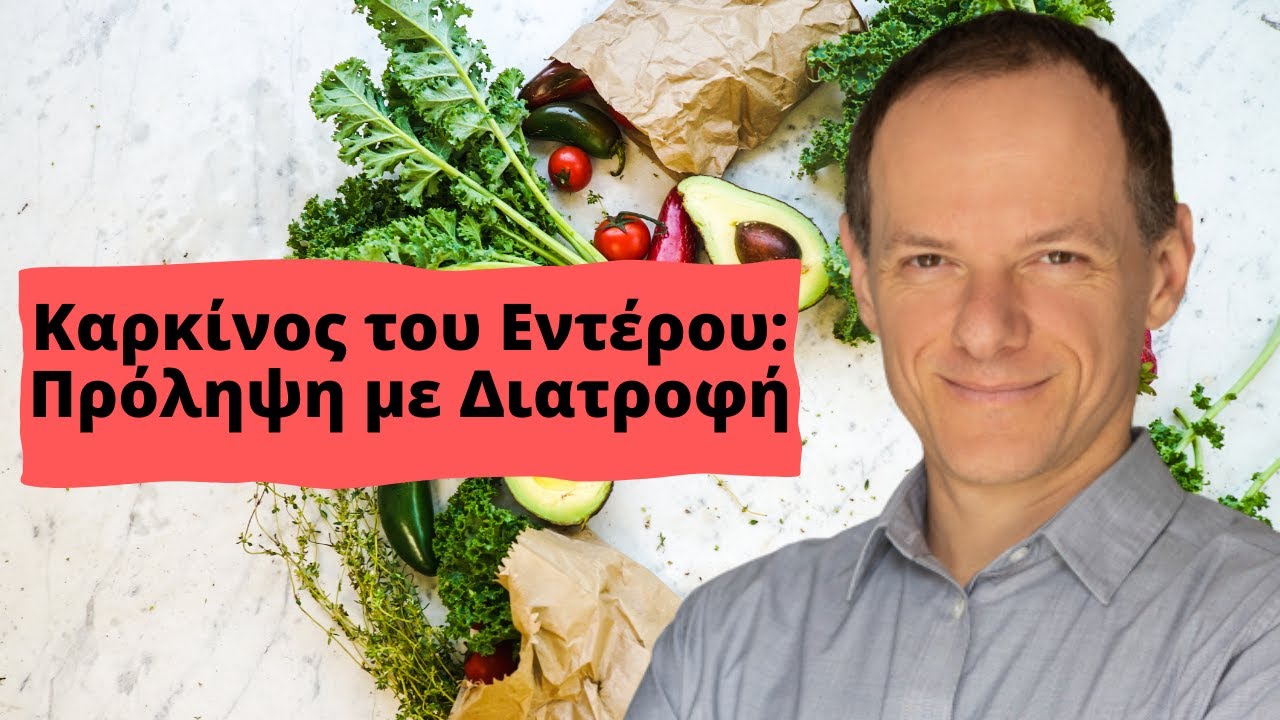
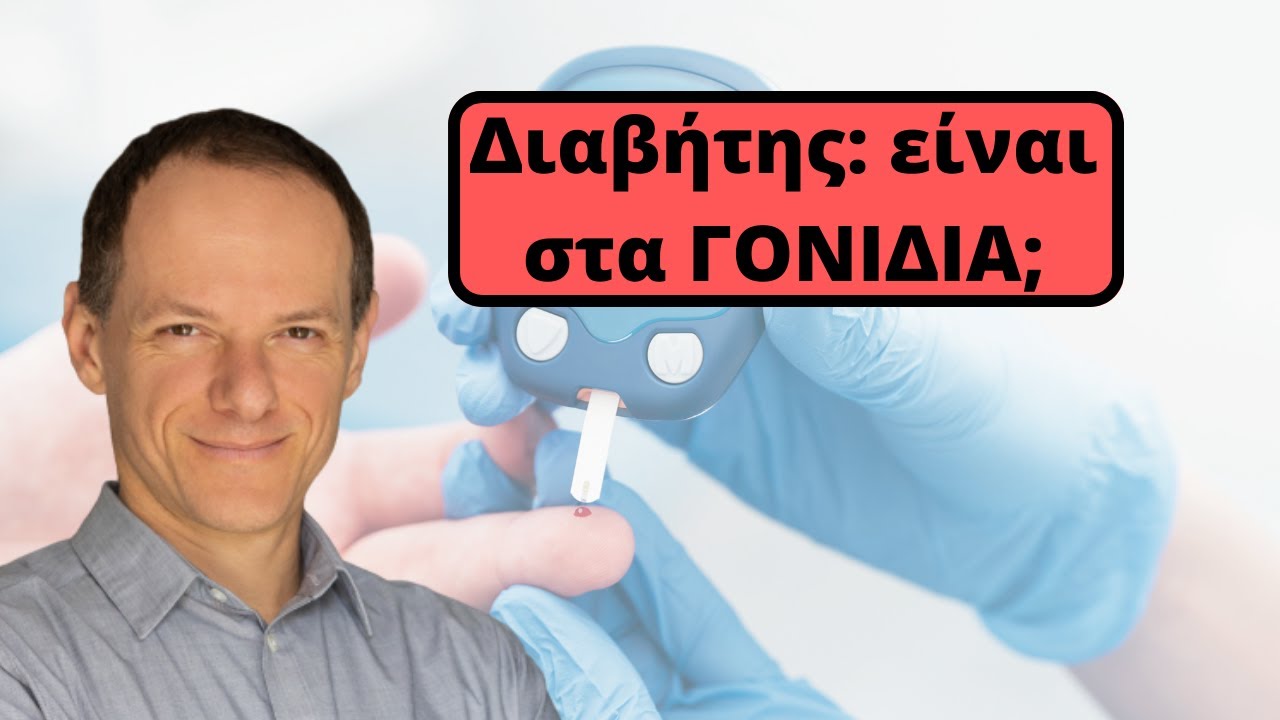

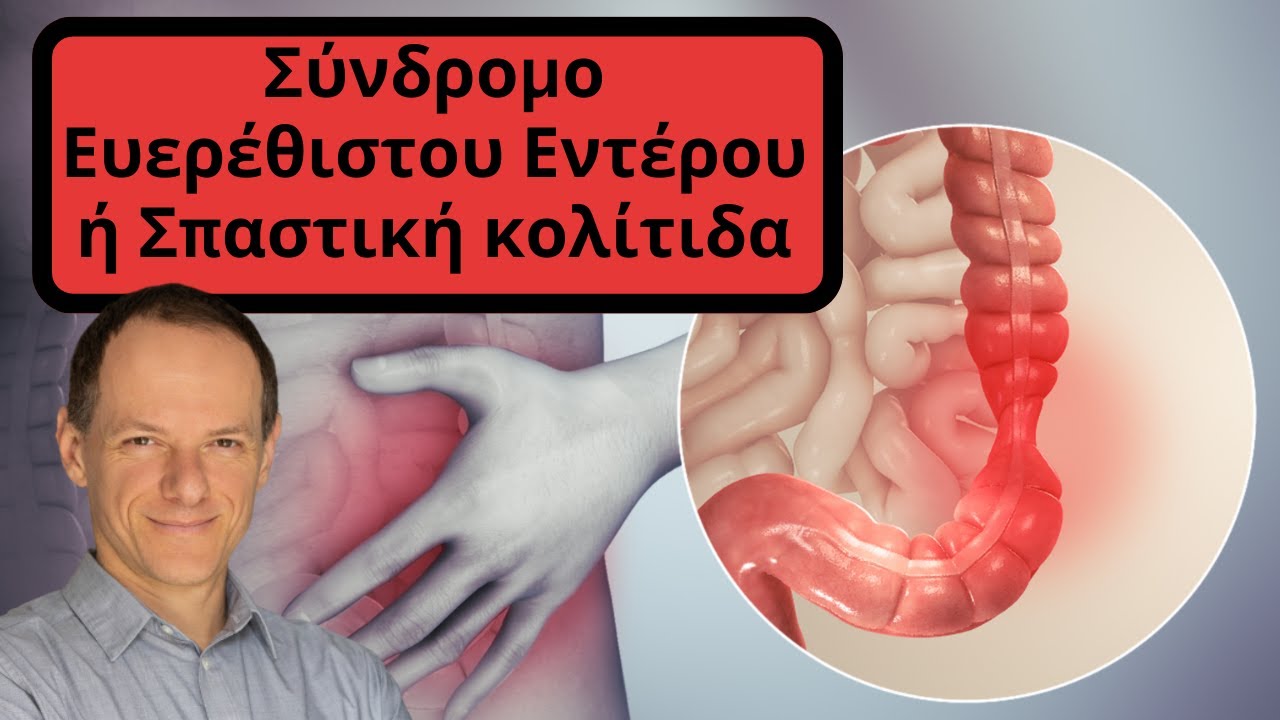
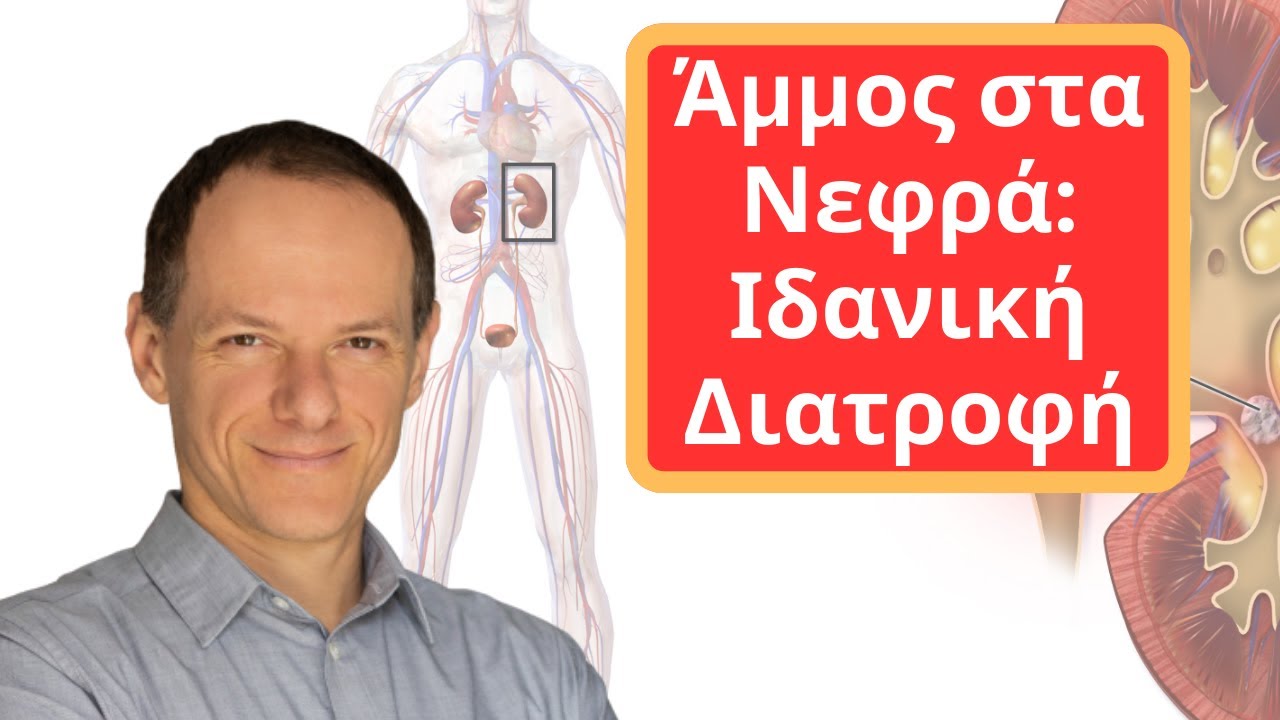


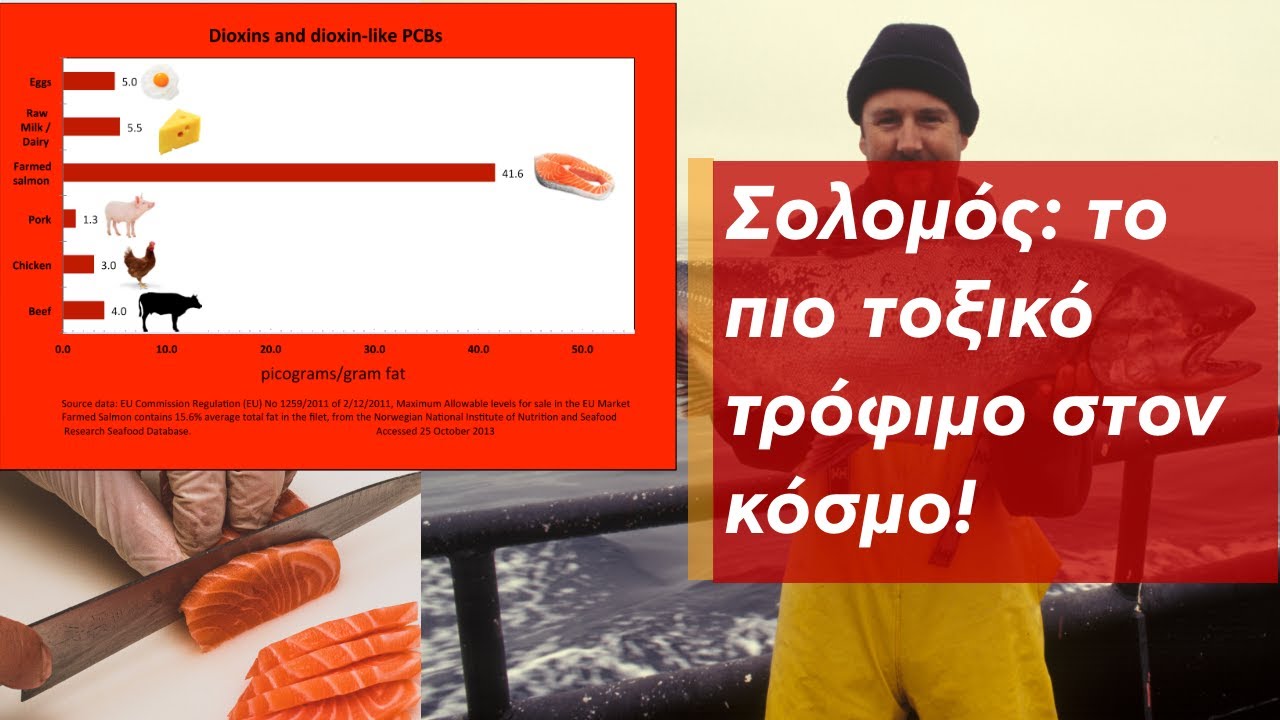




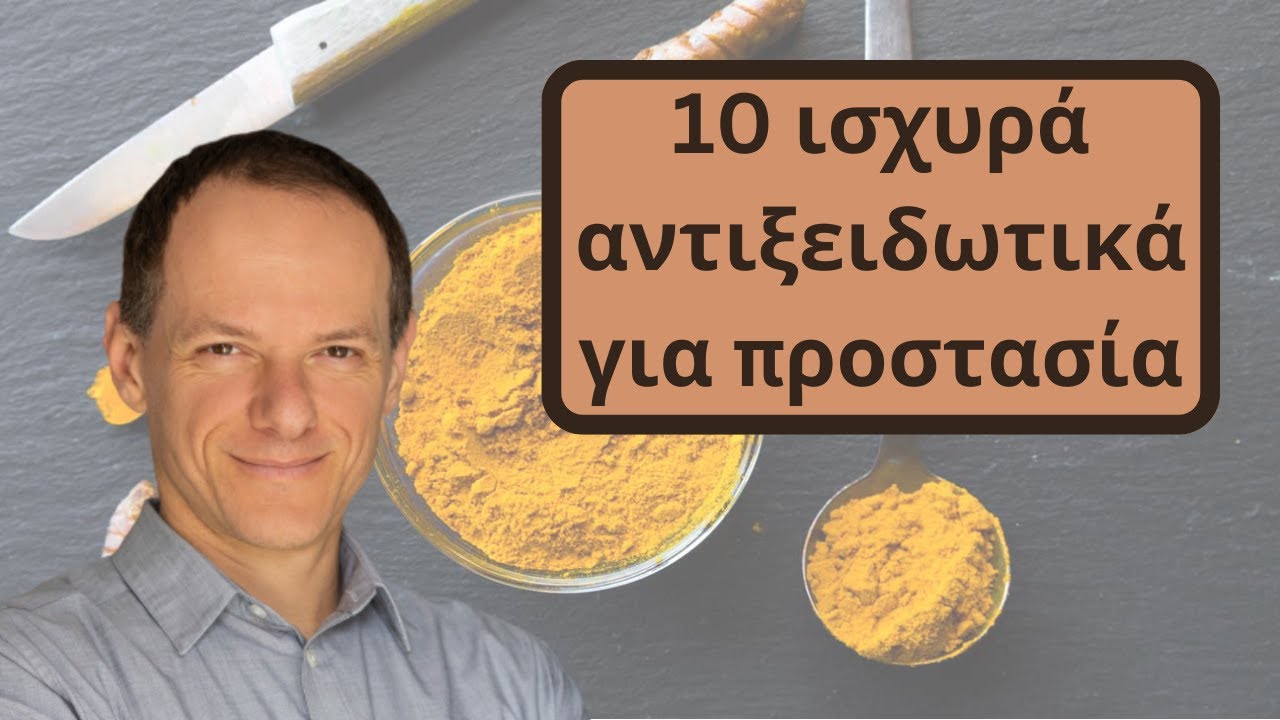
0 Σχόλια